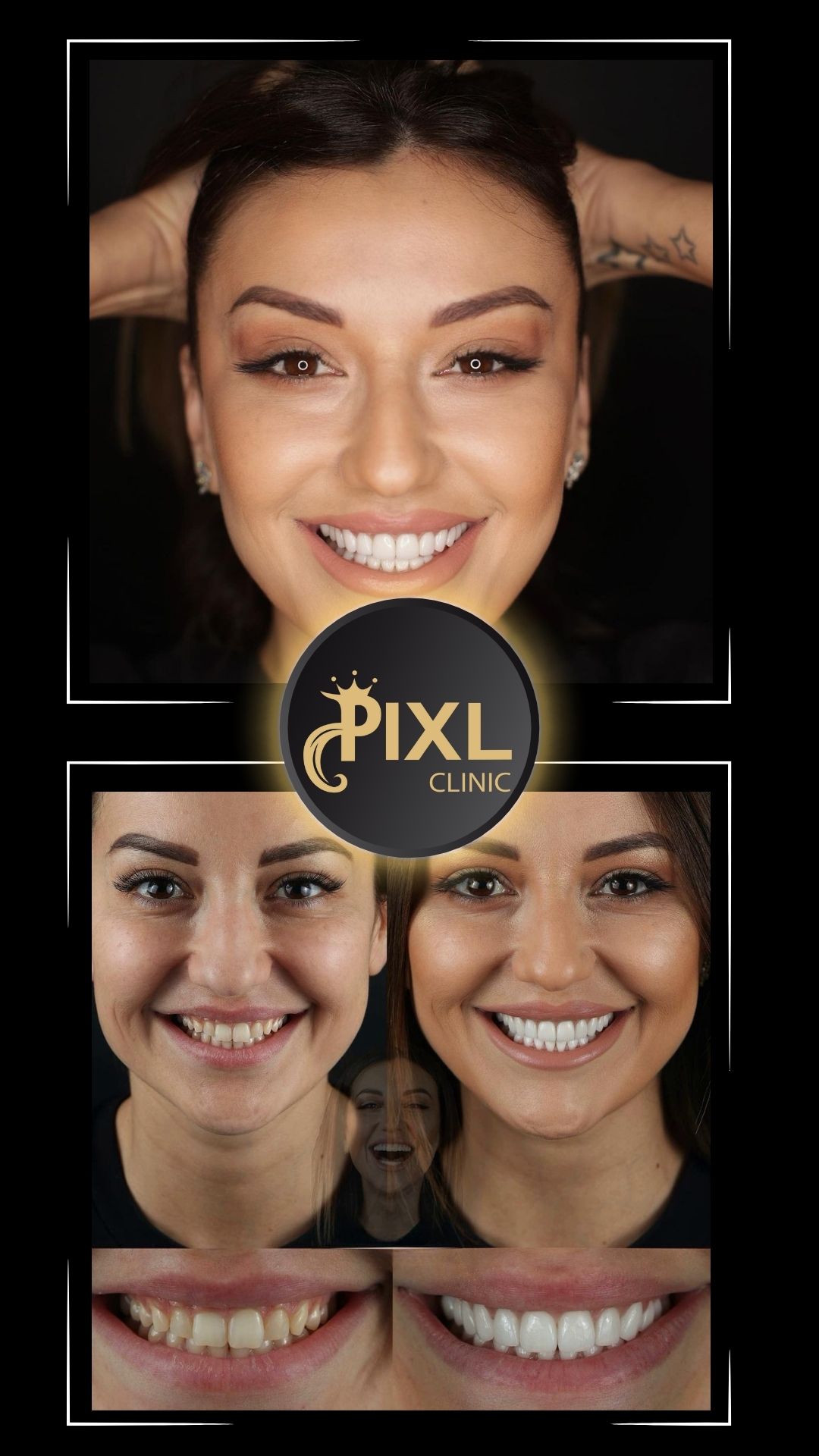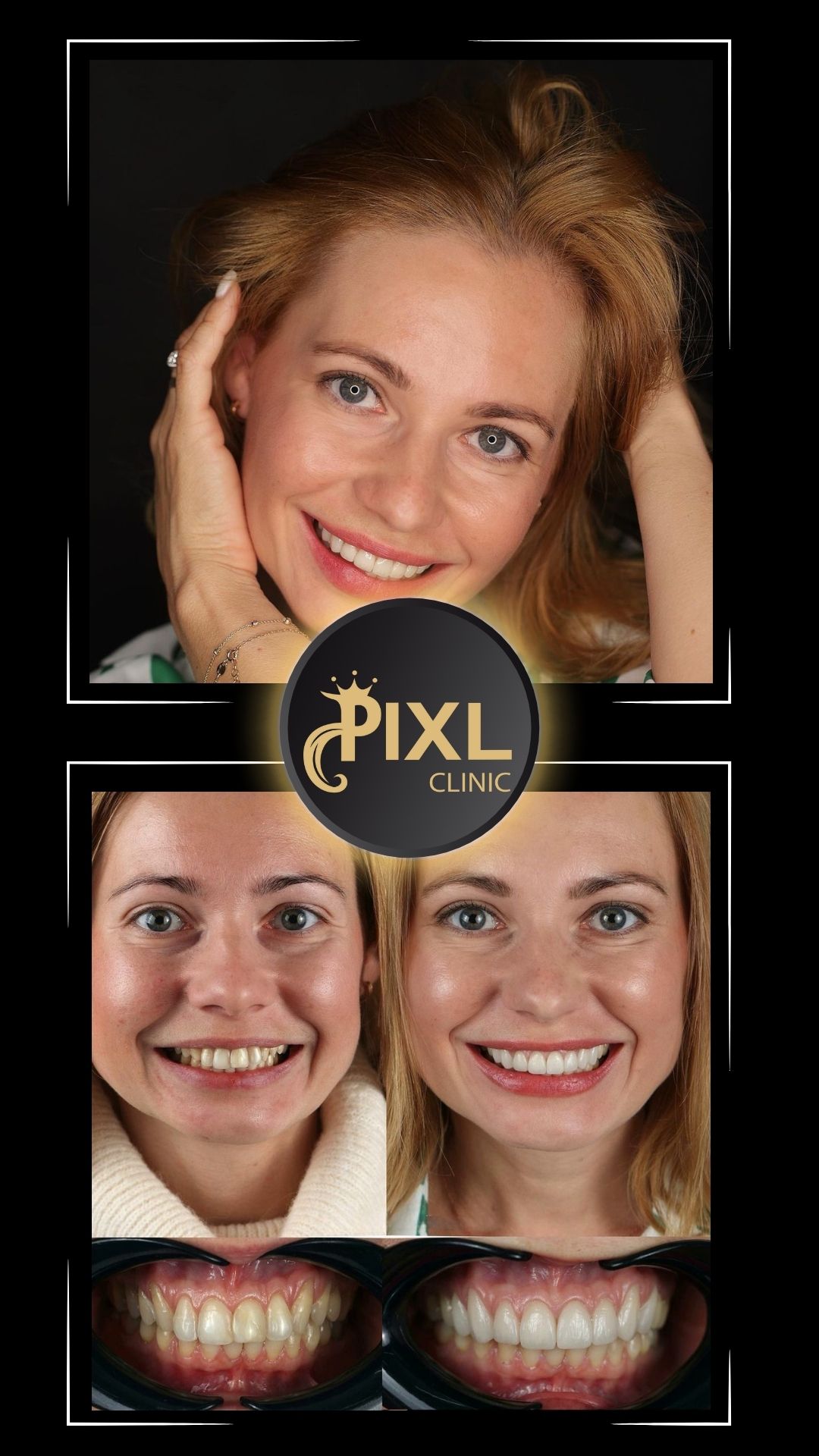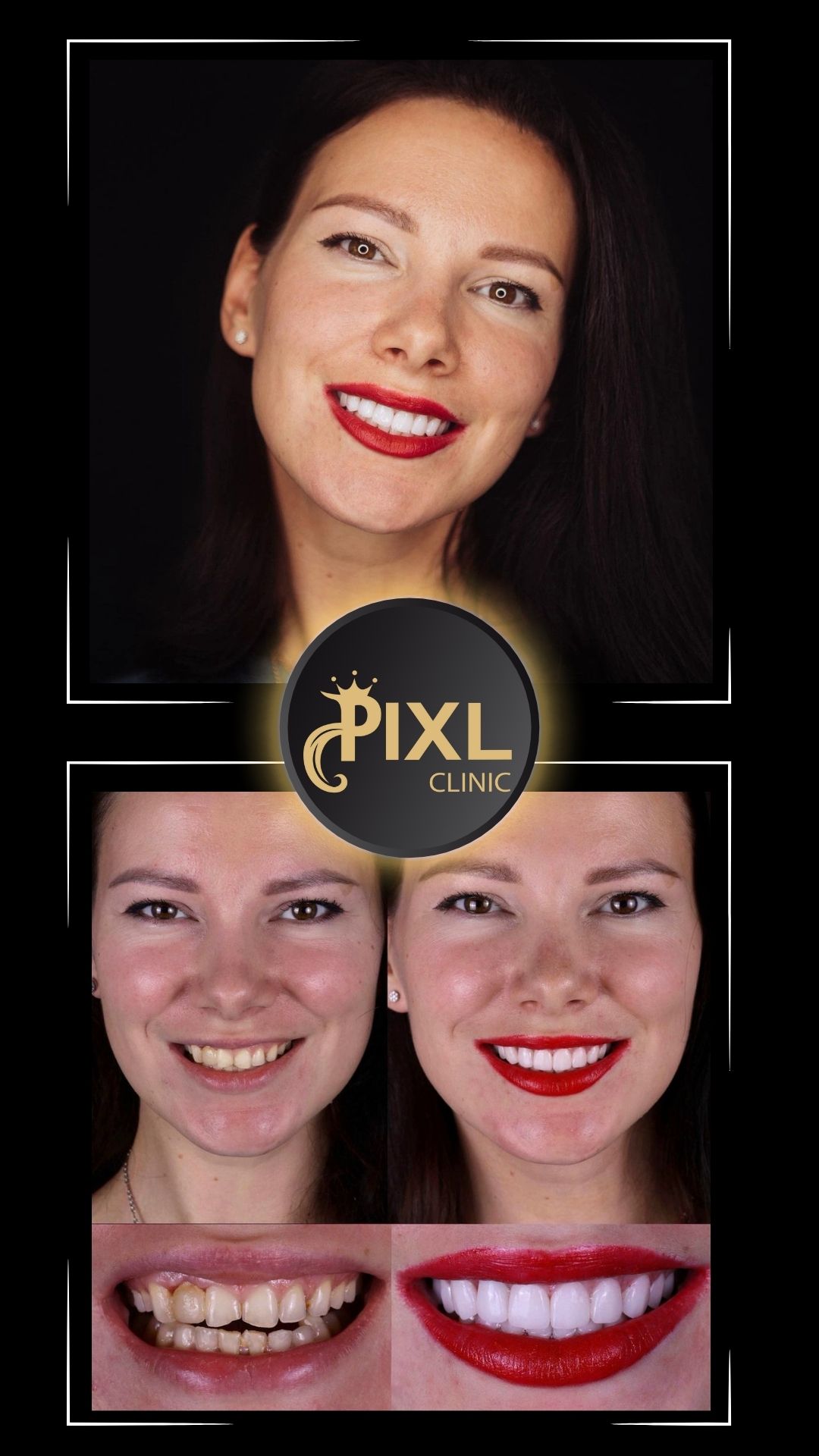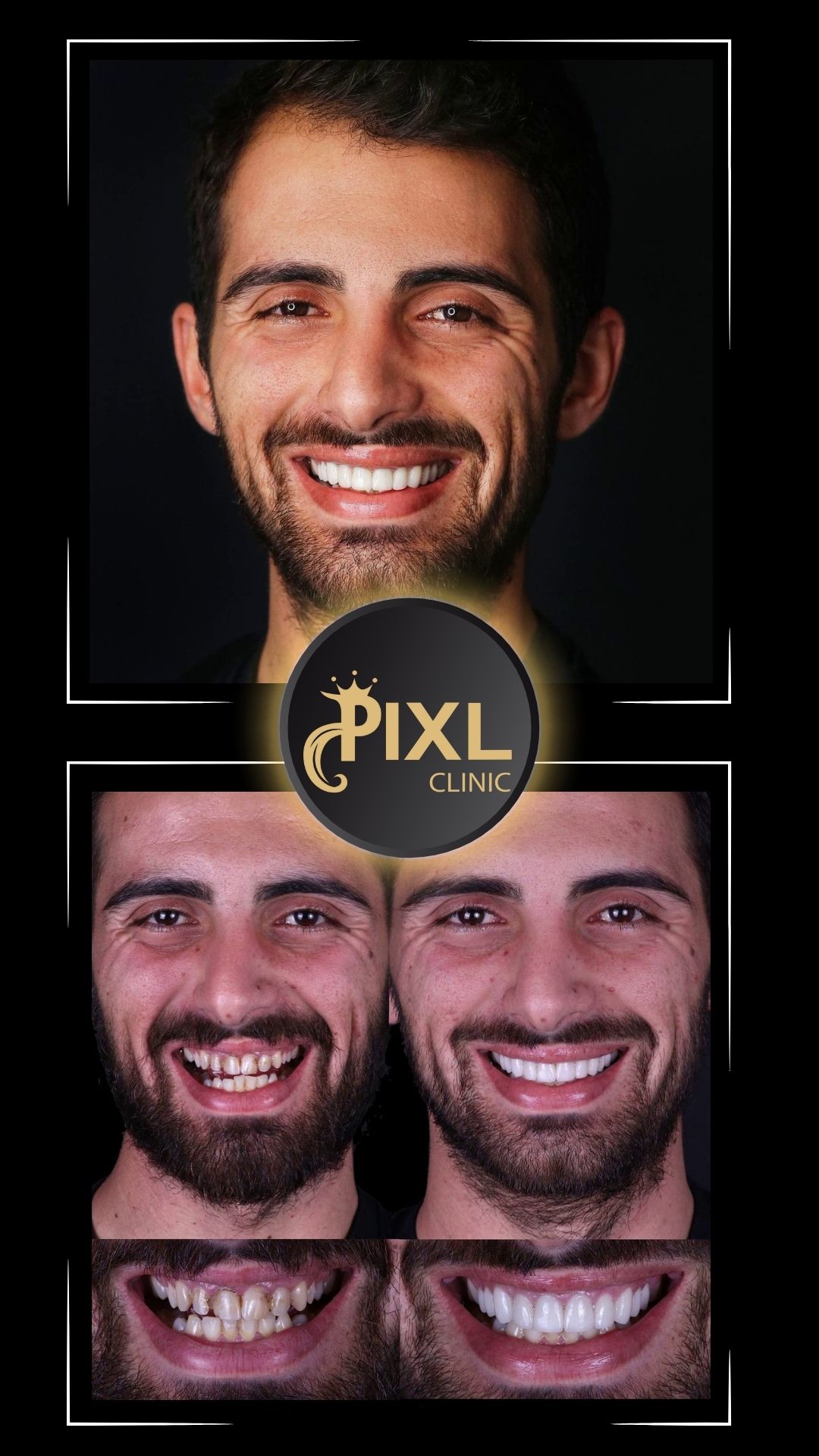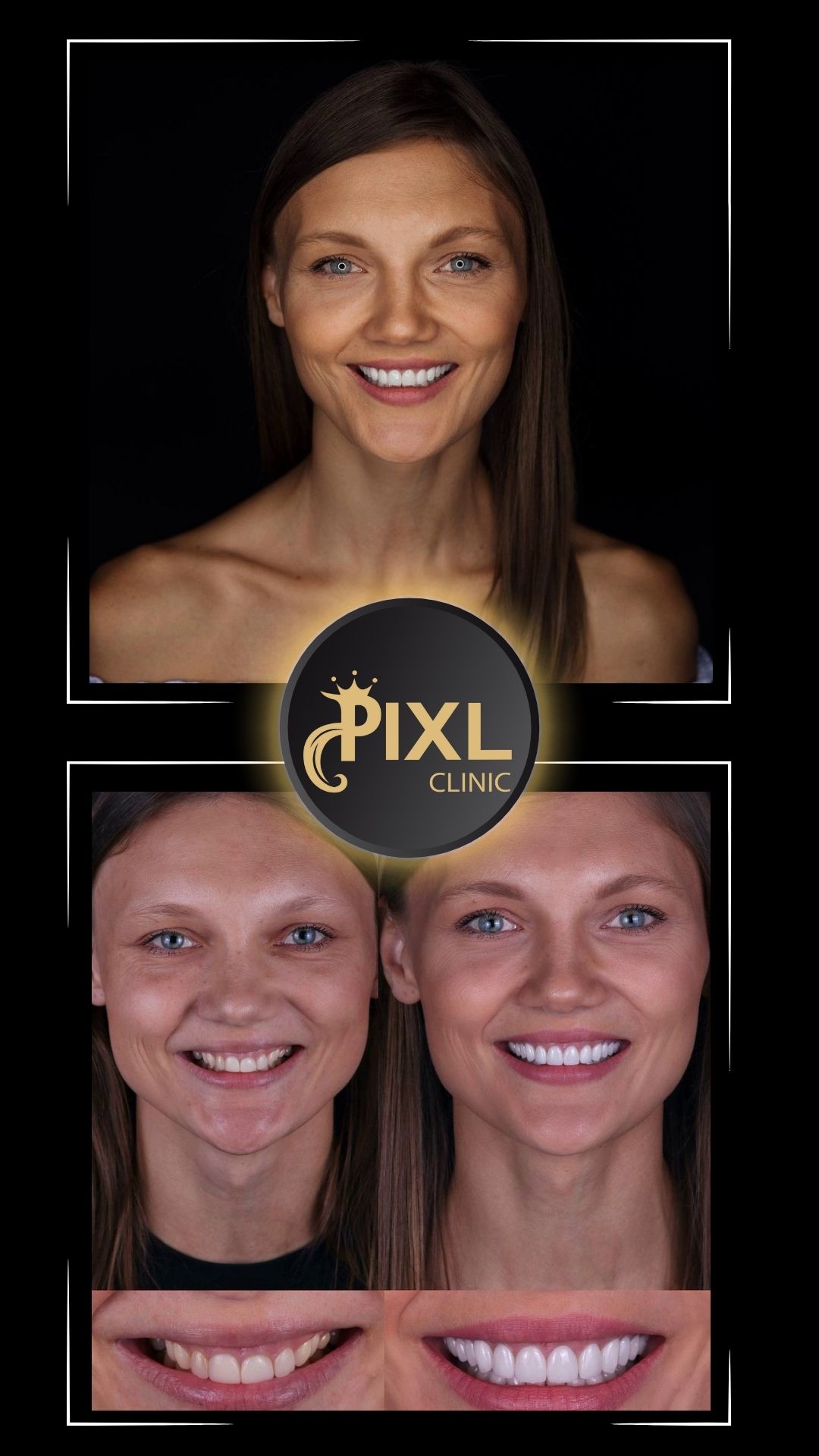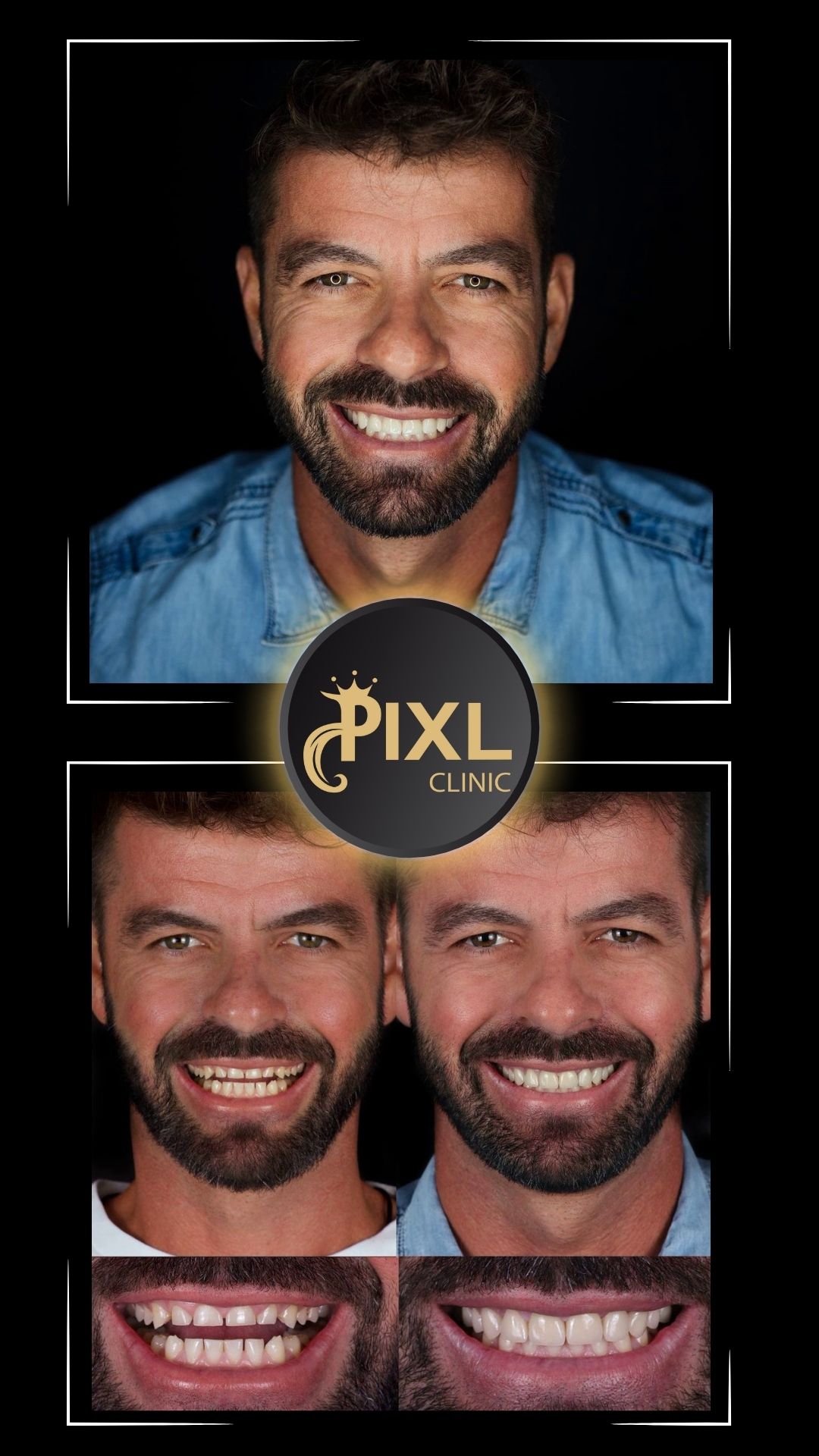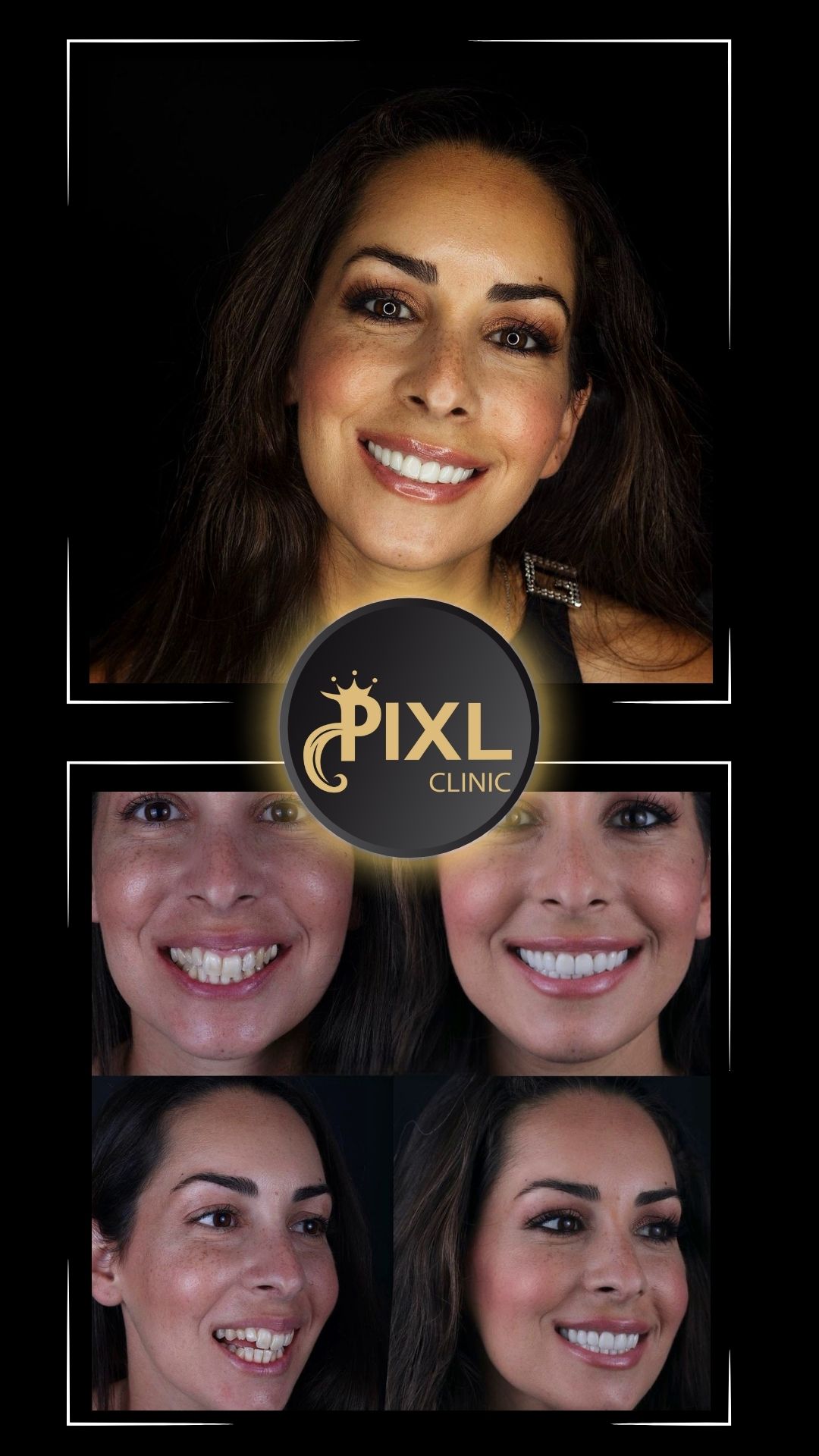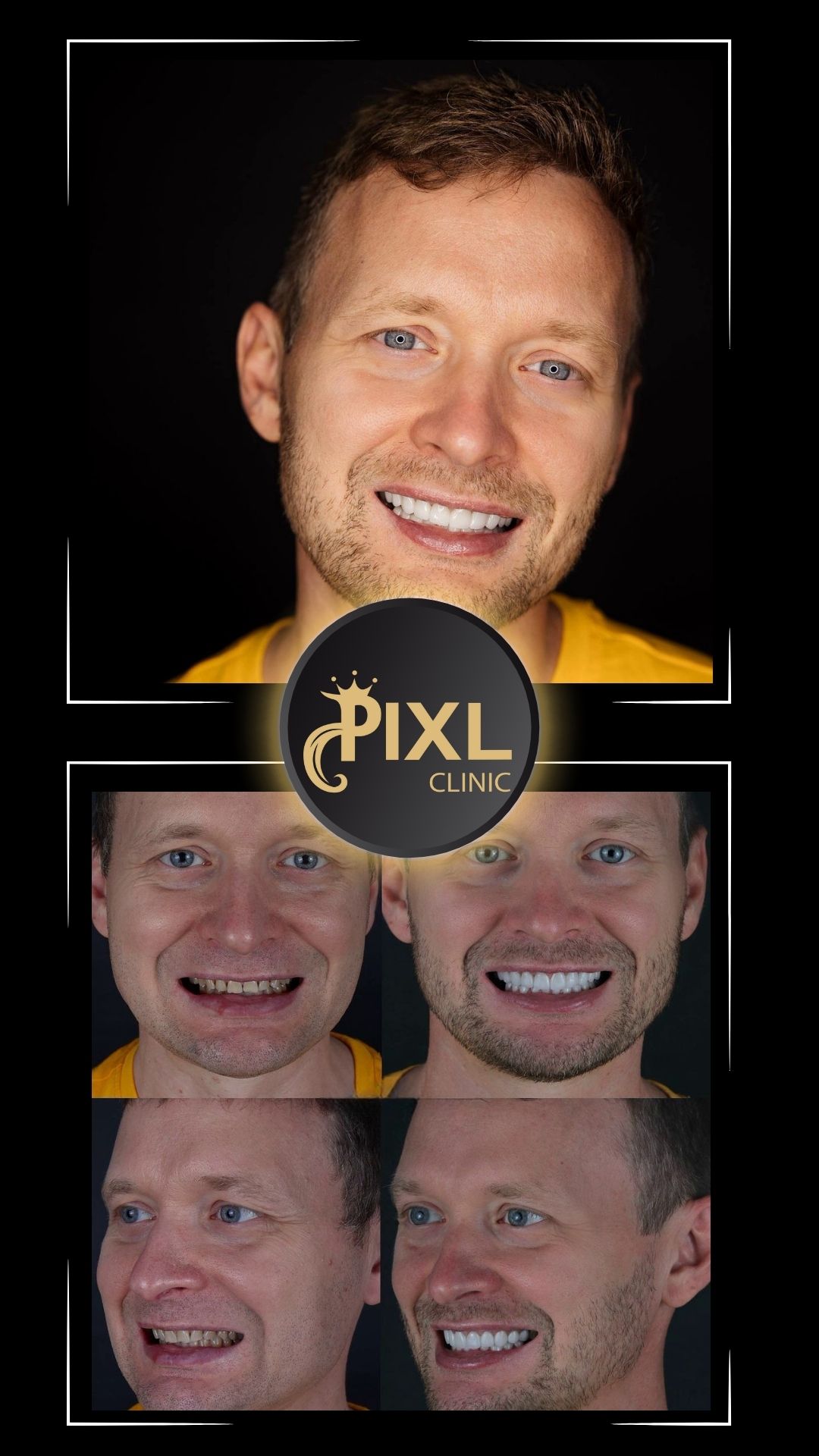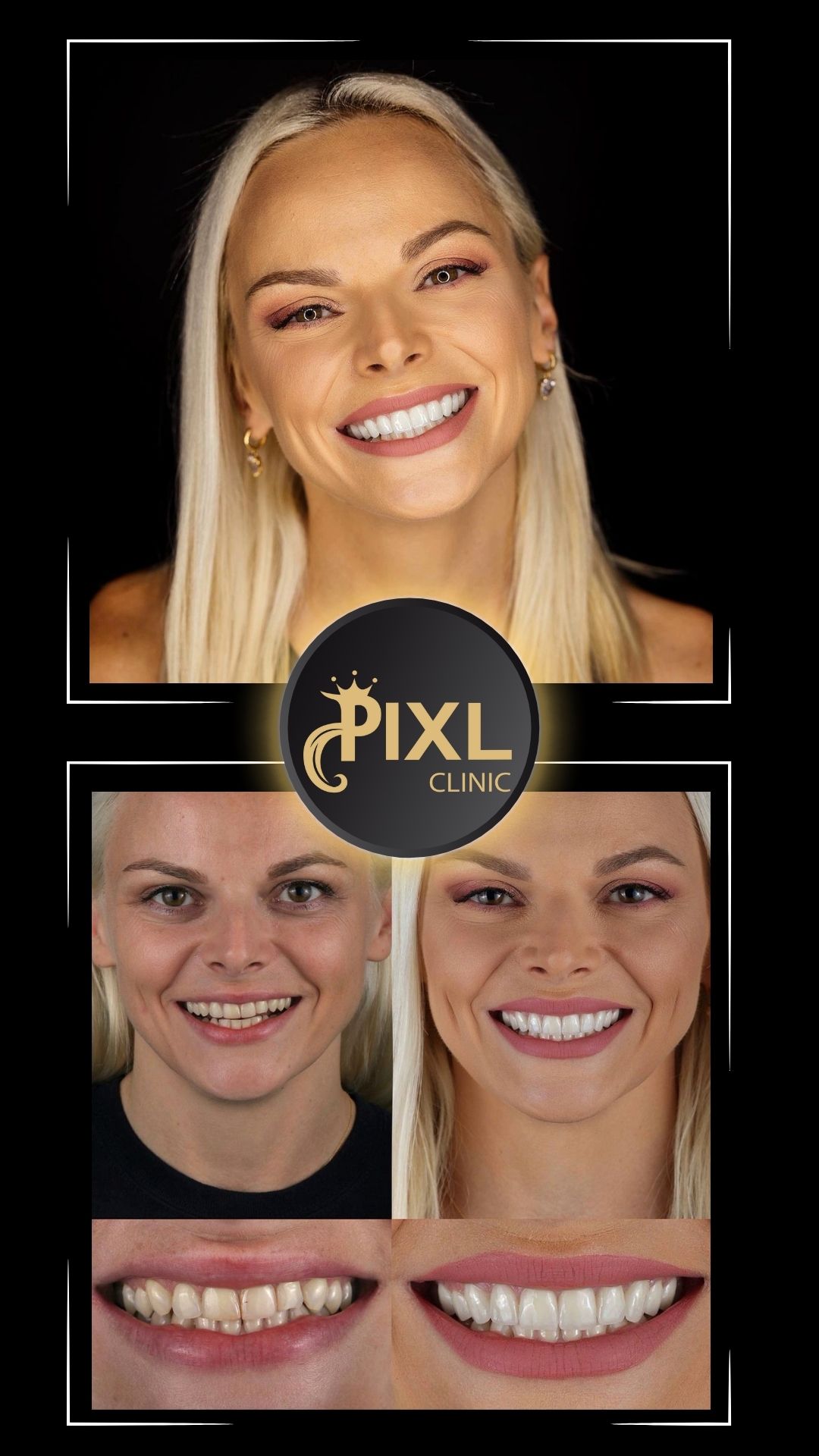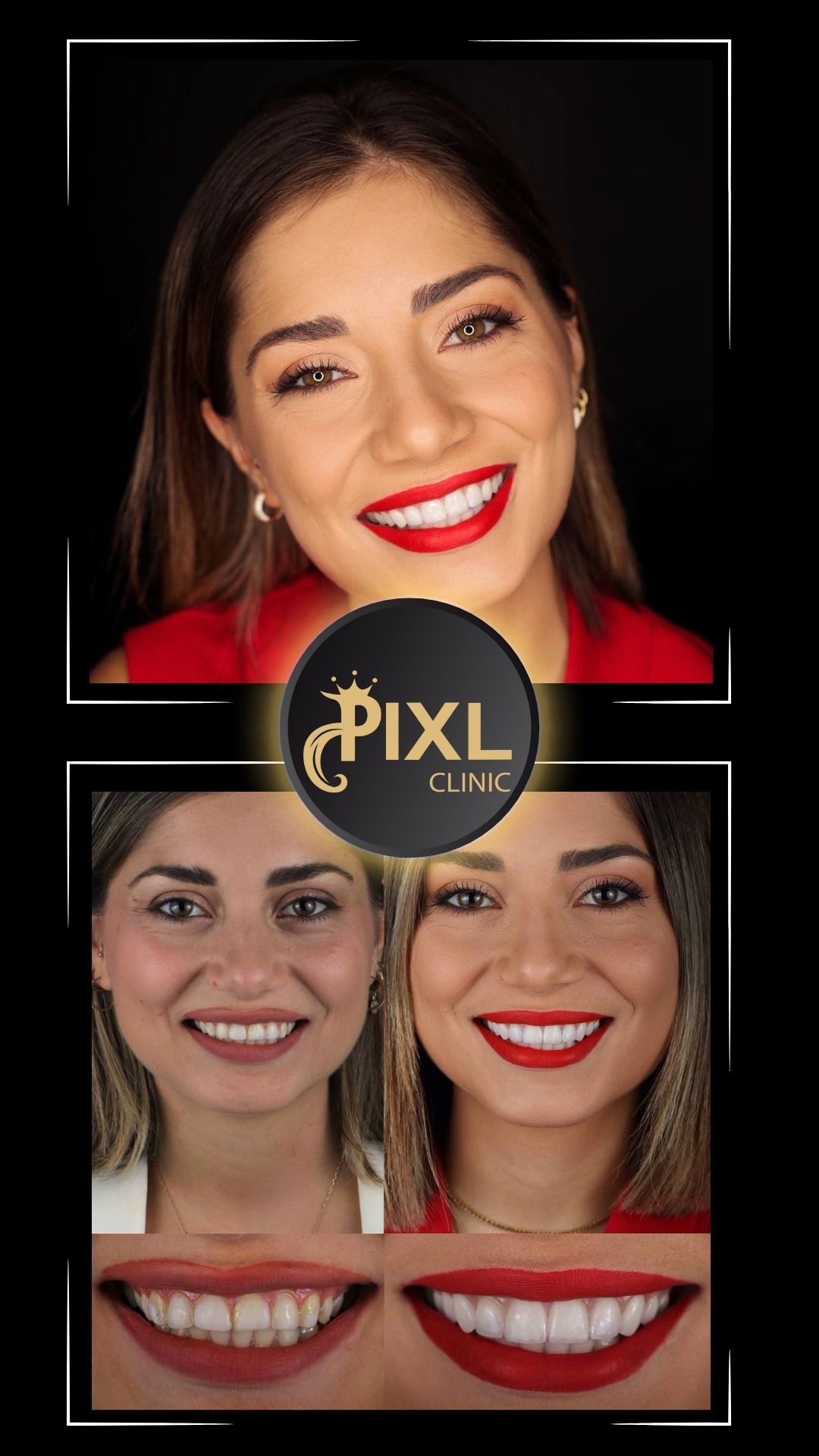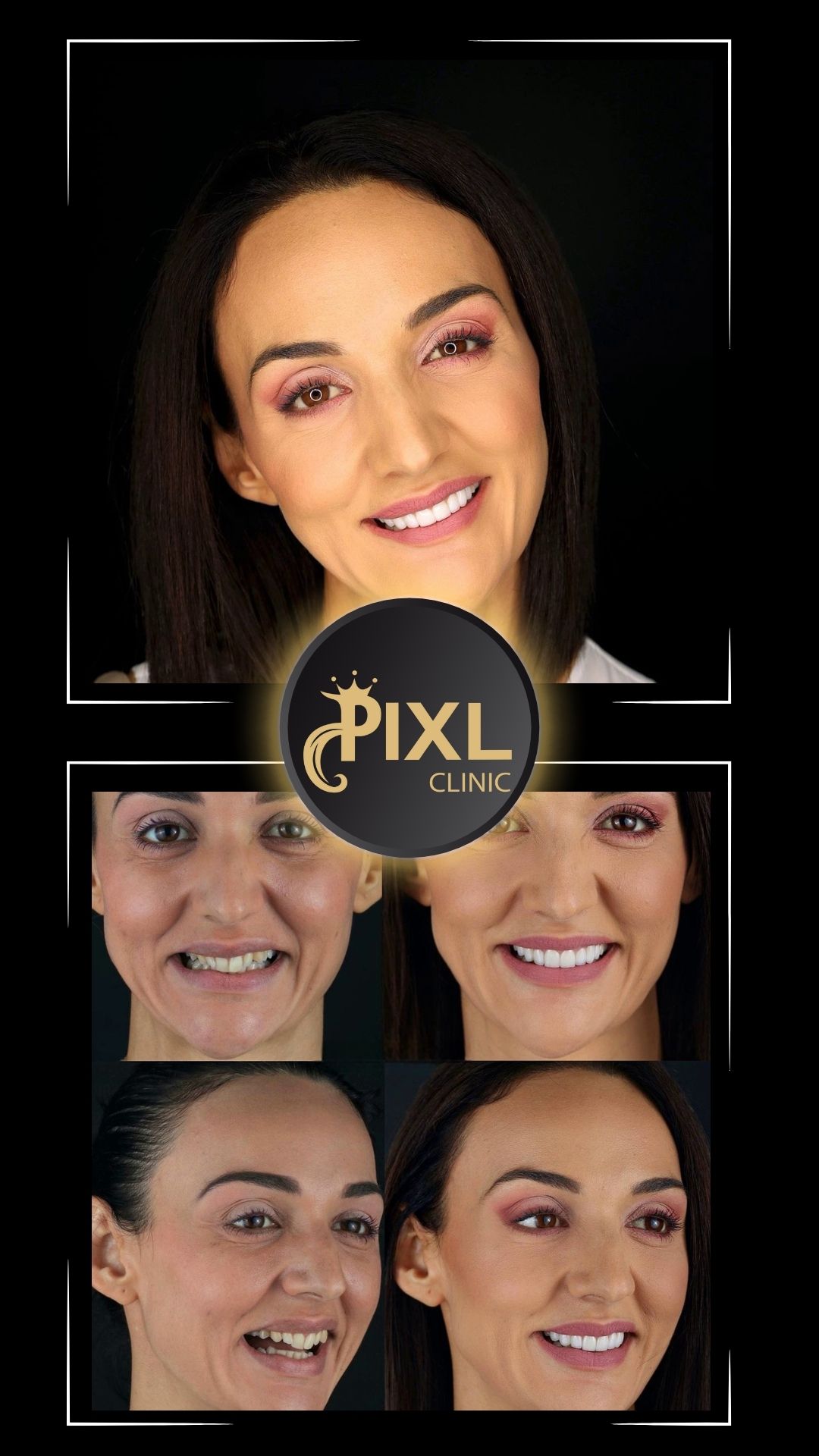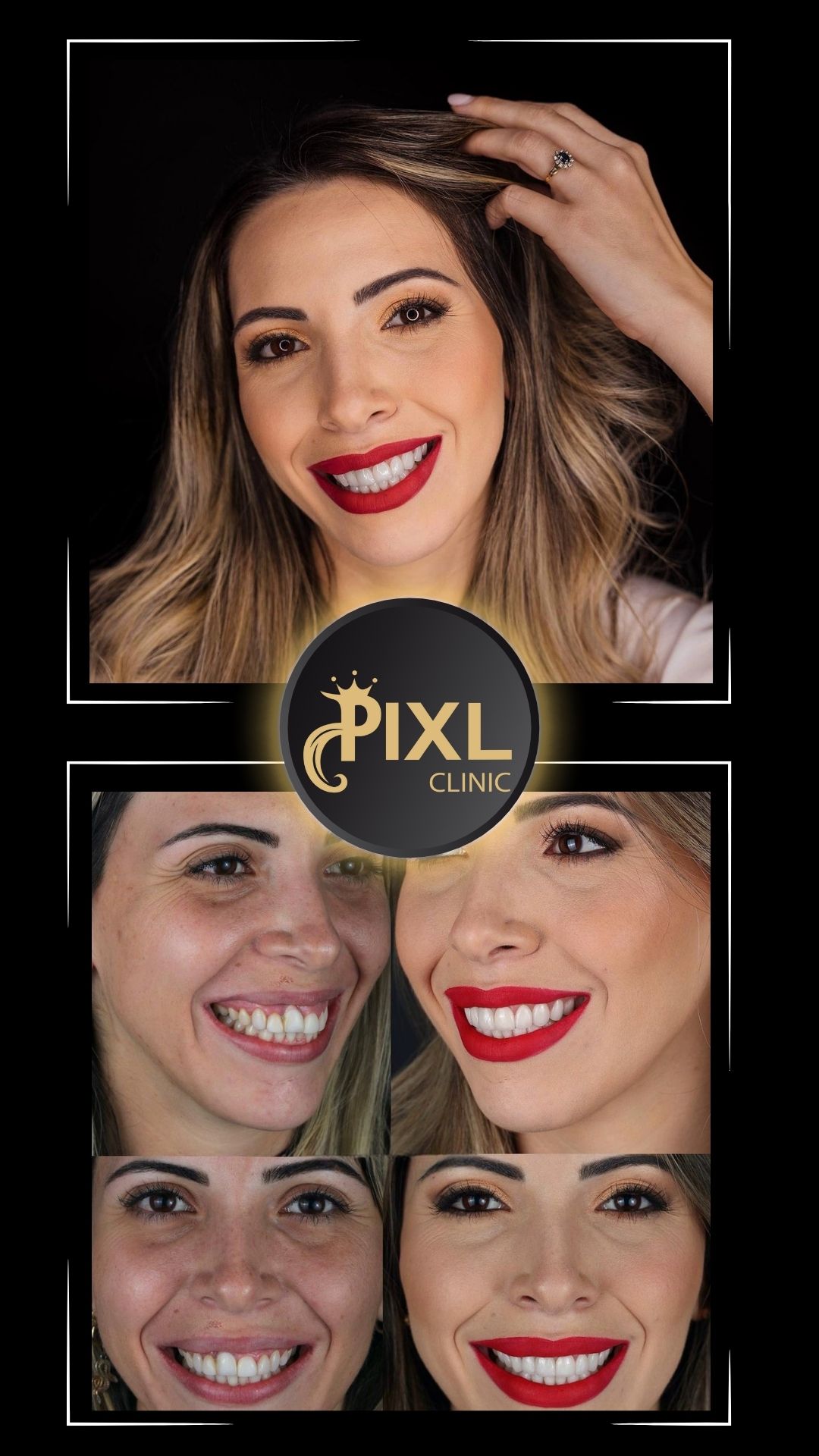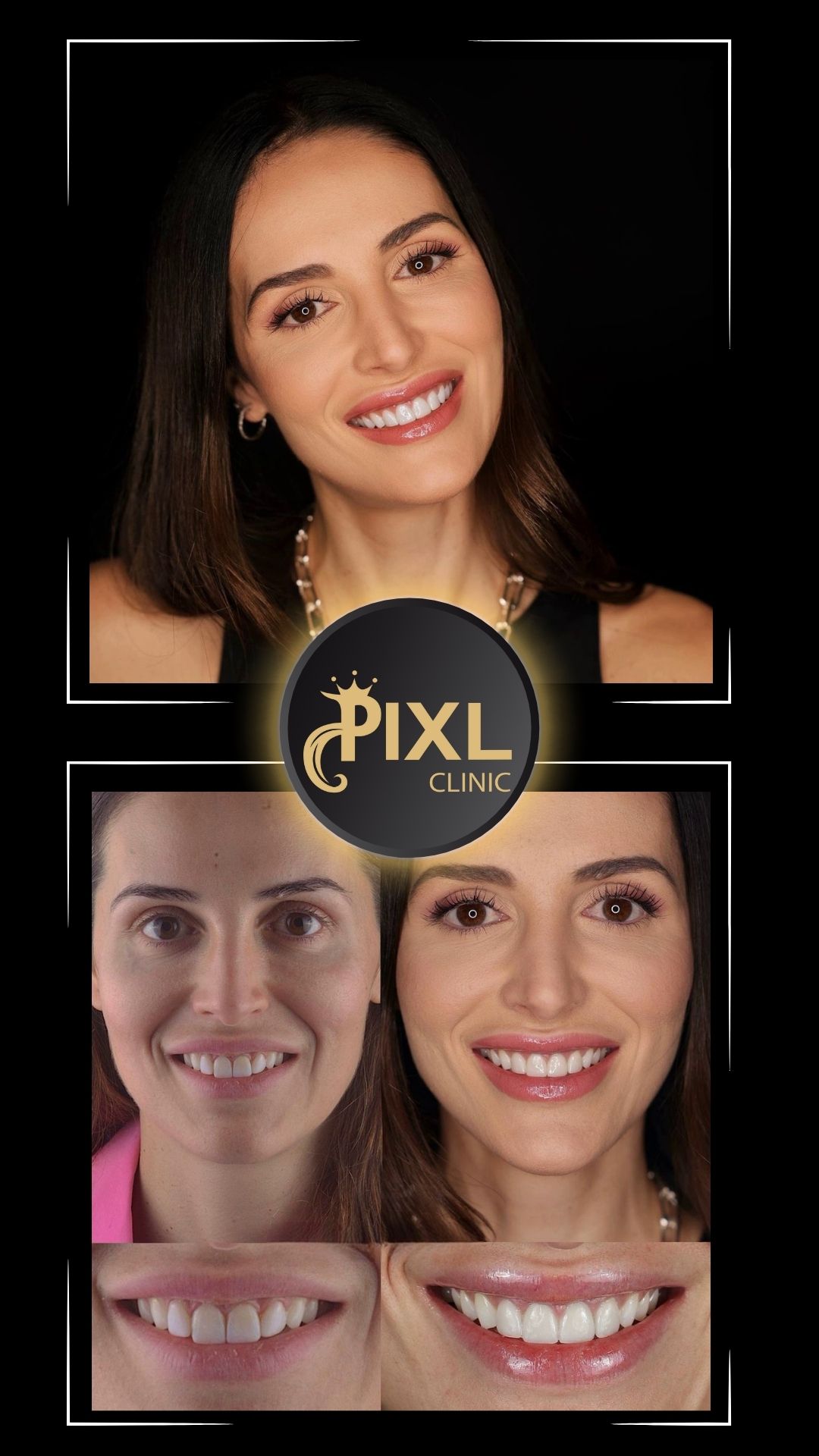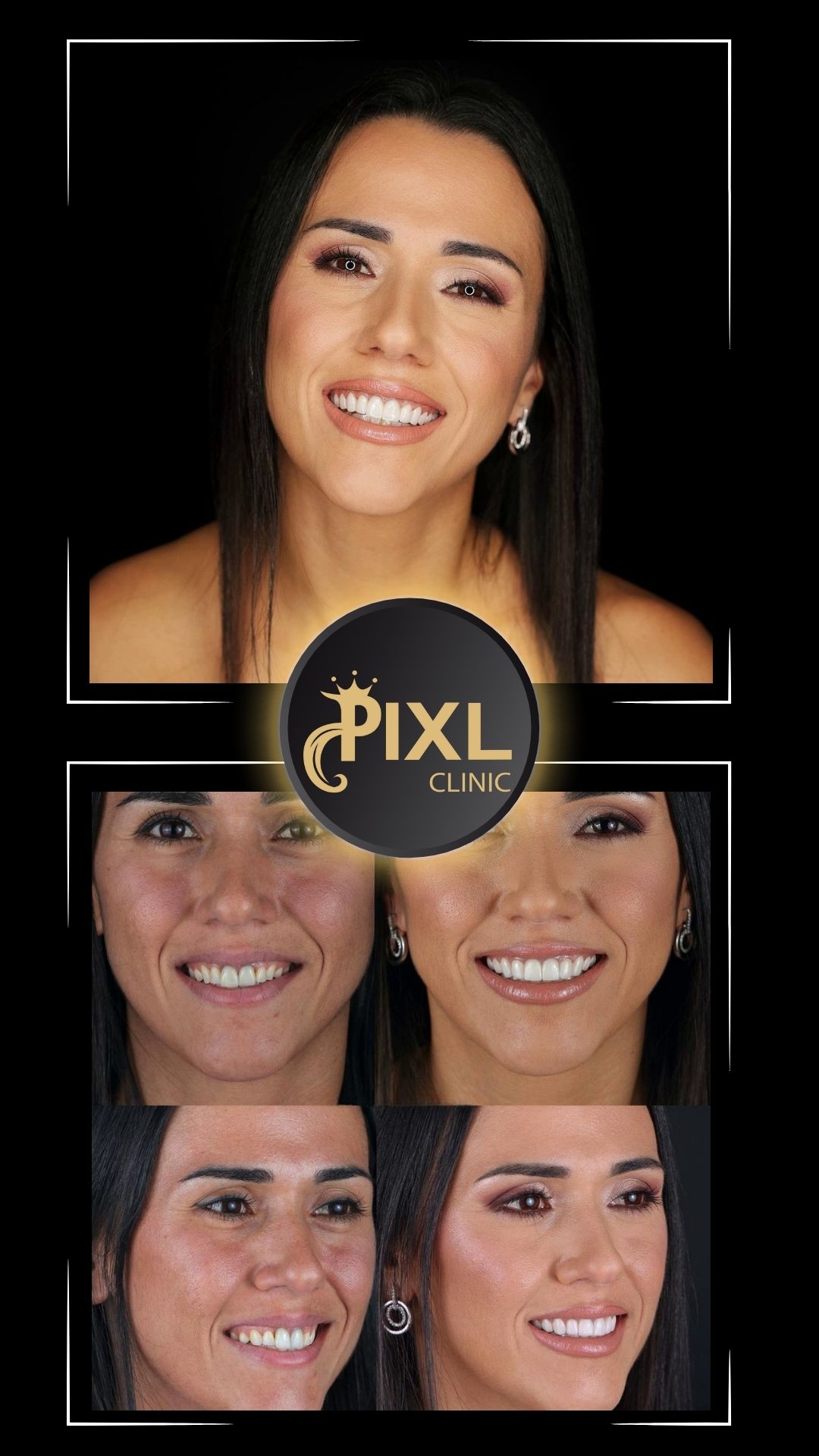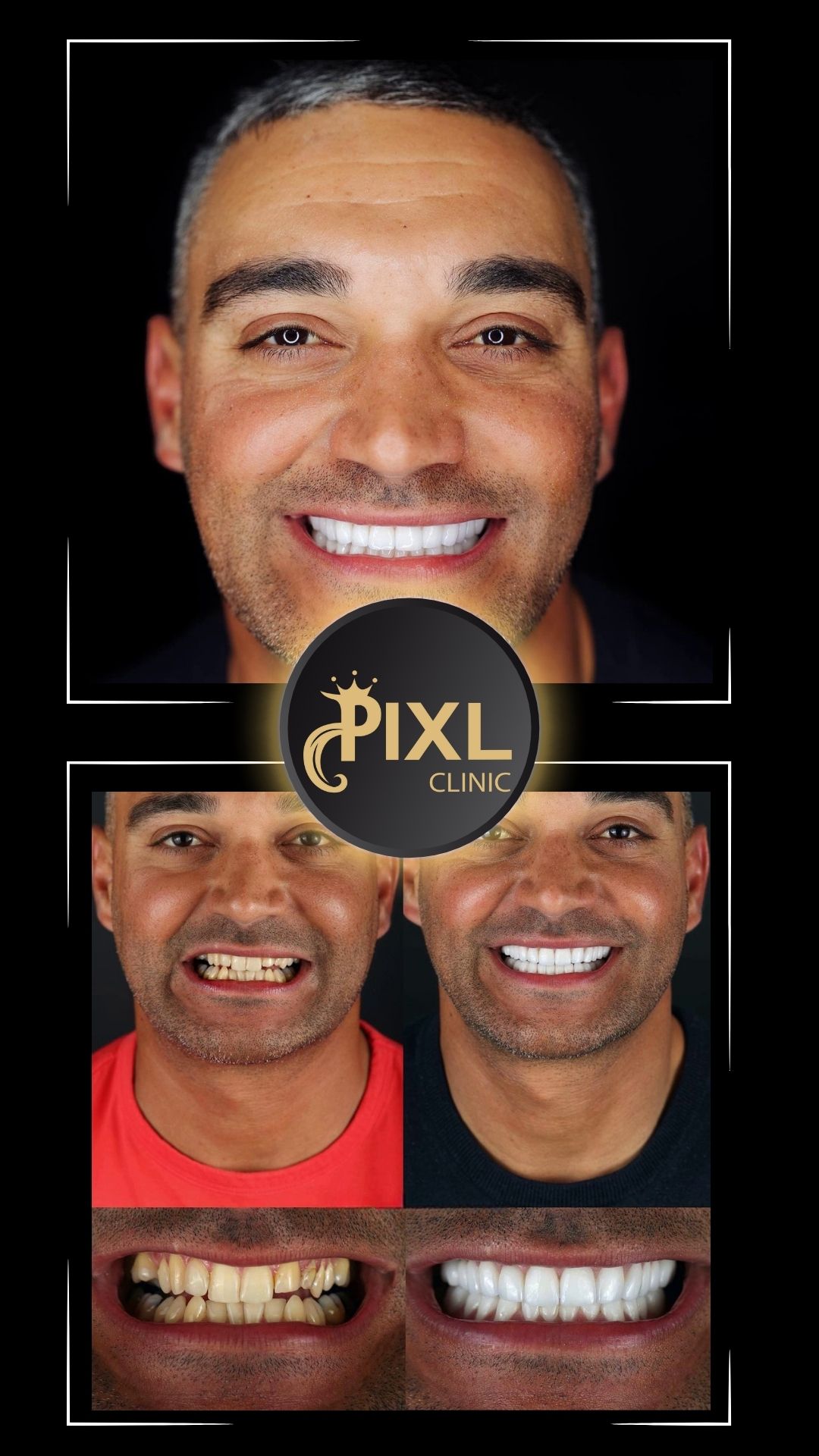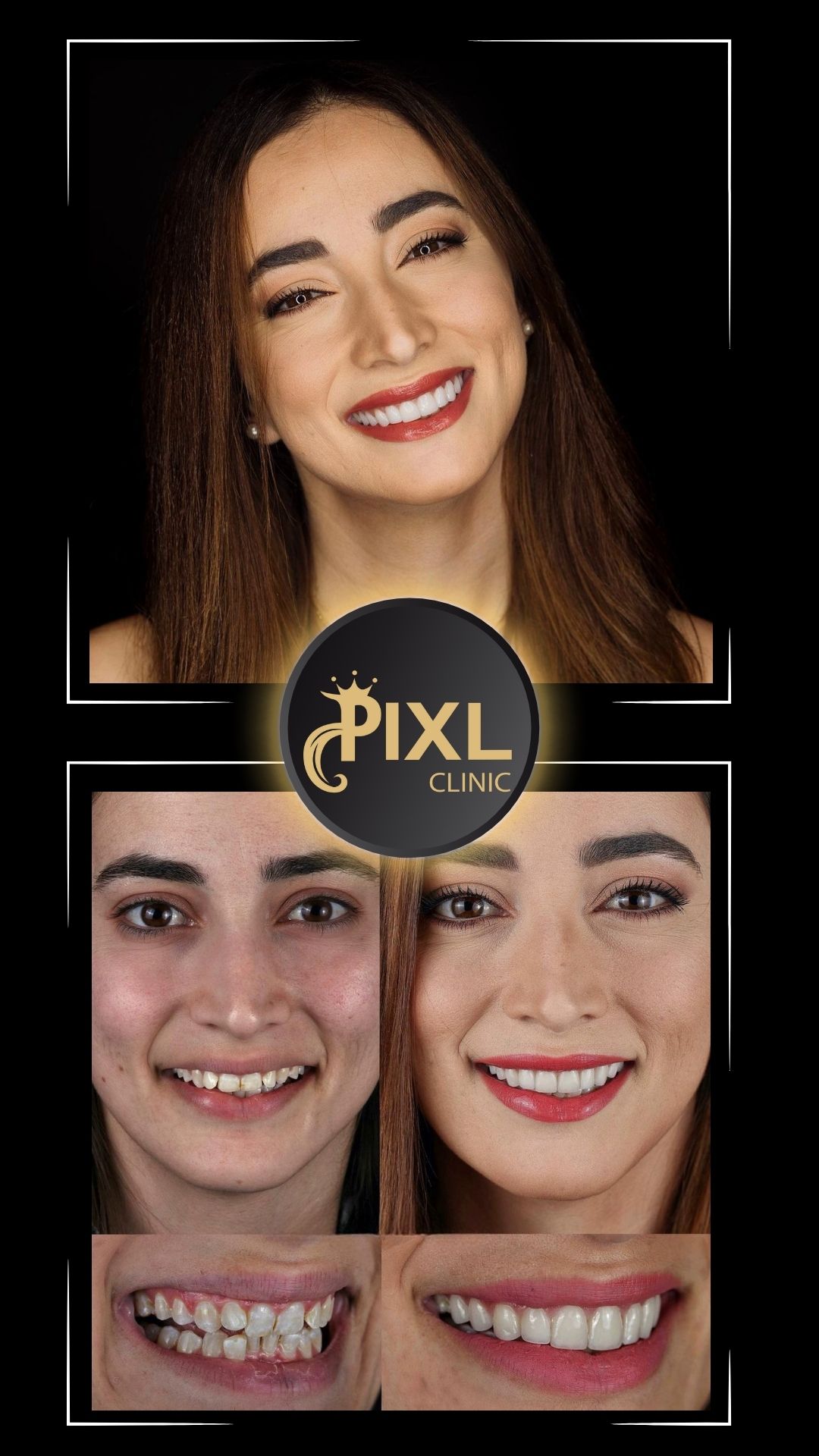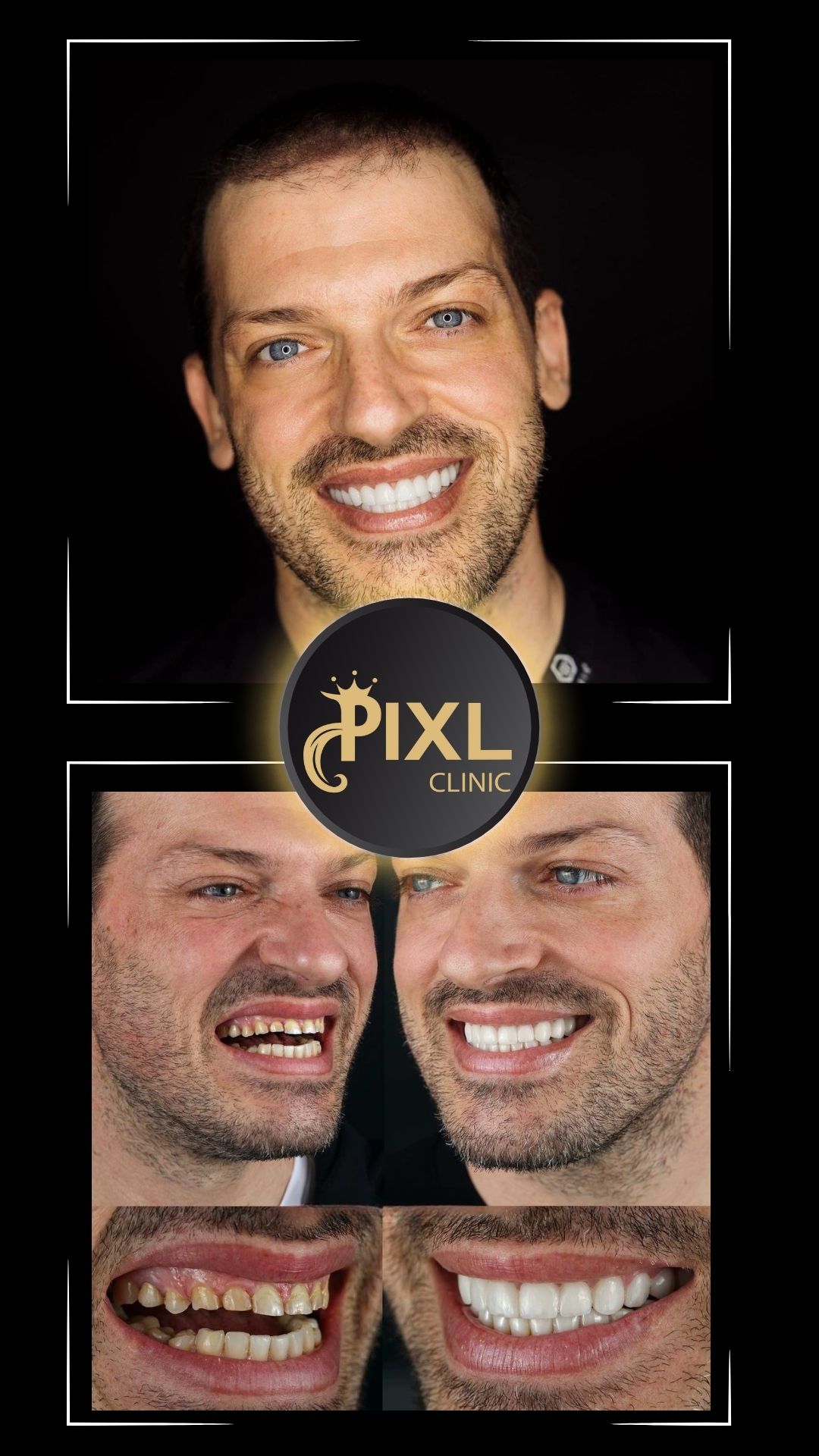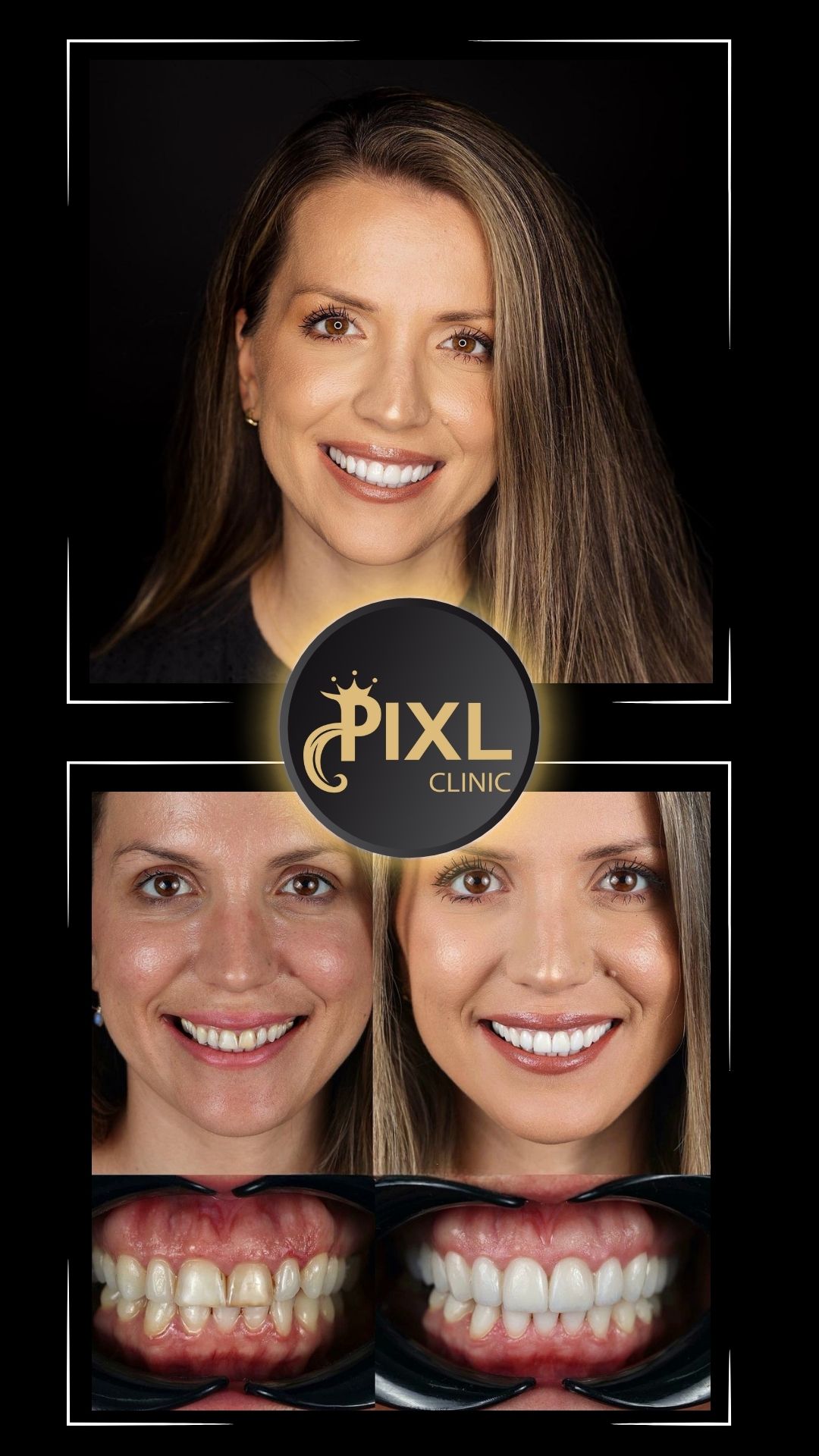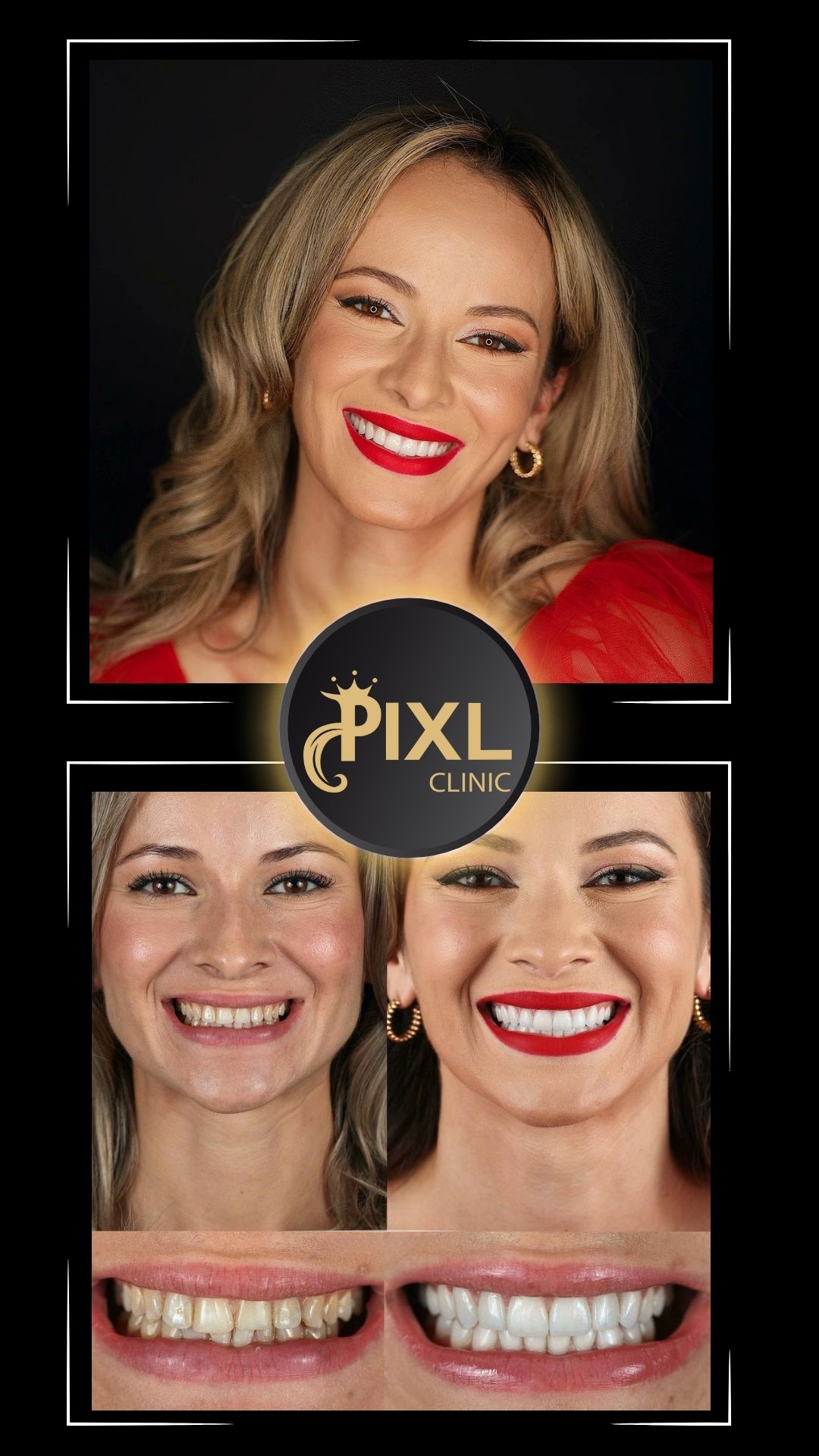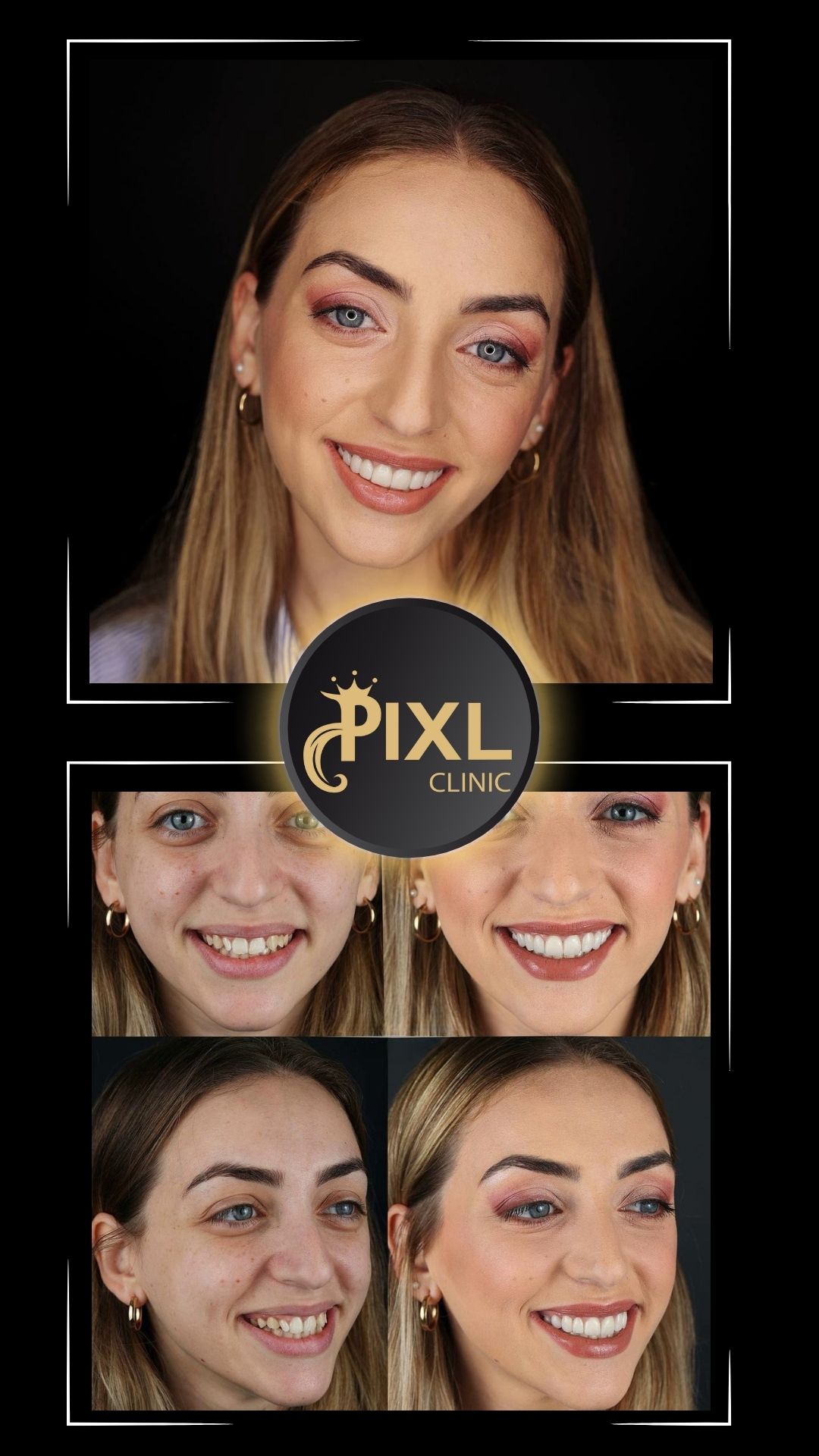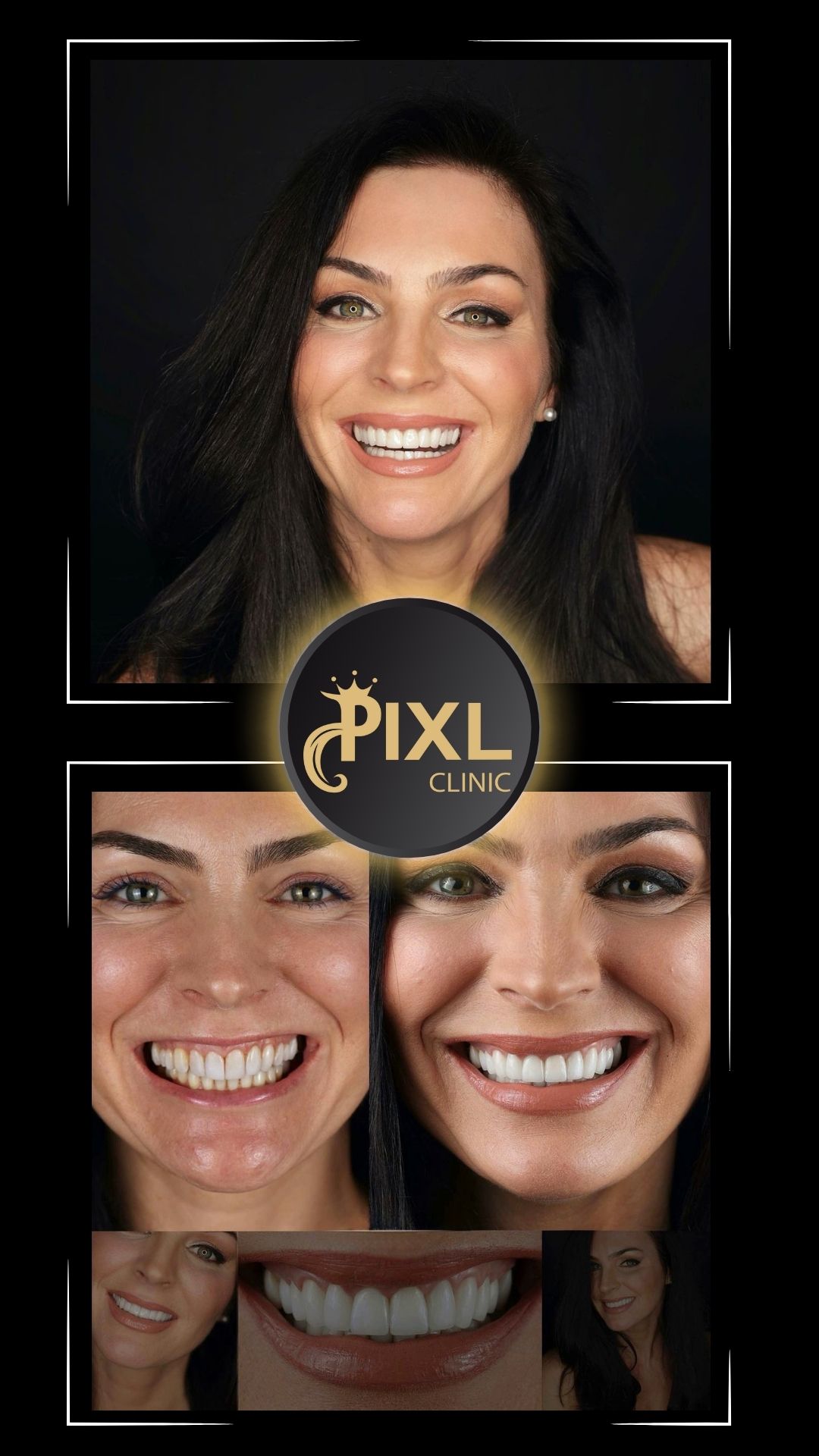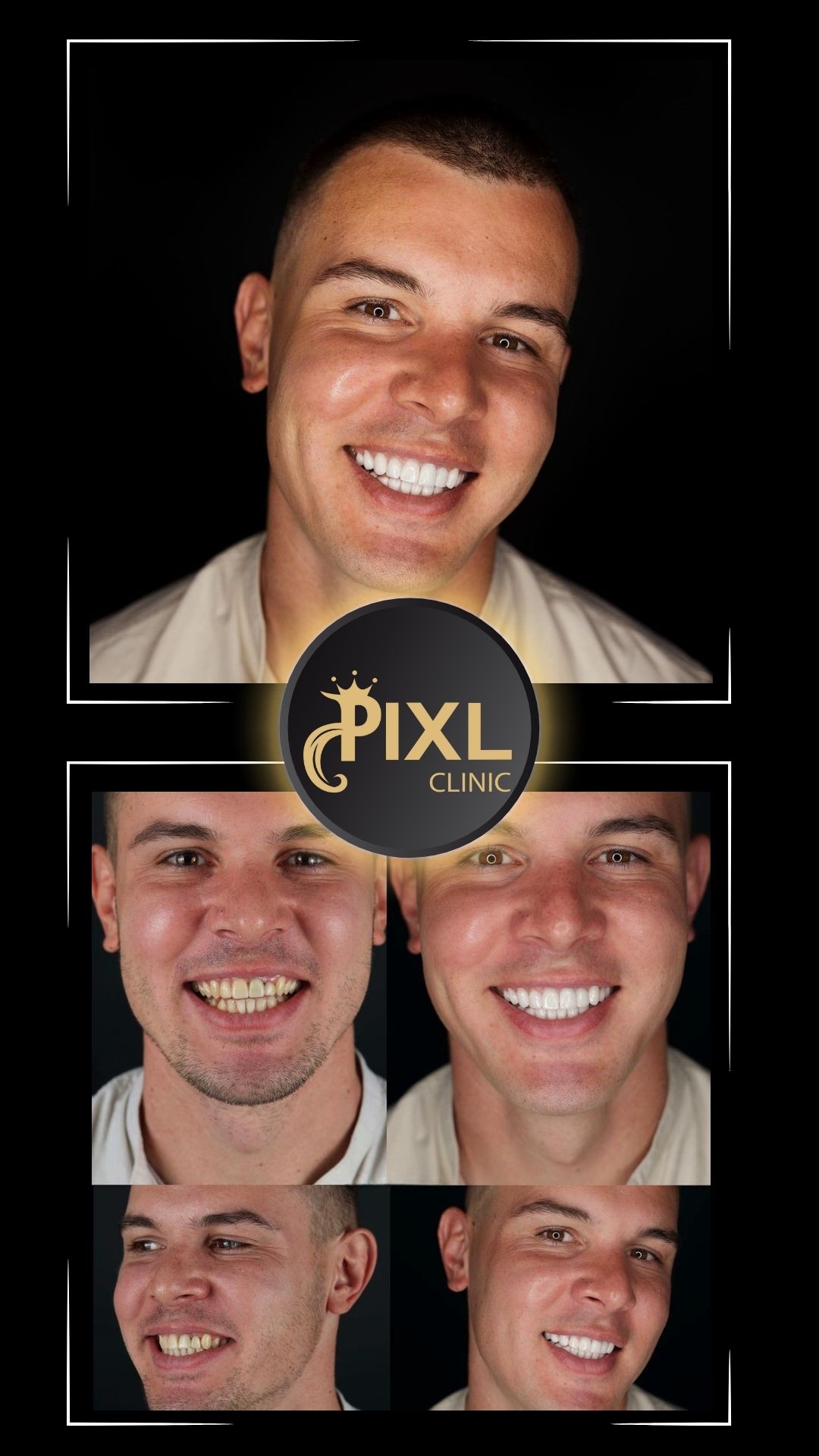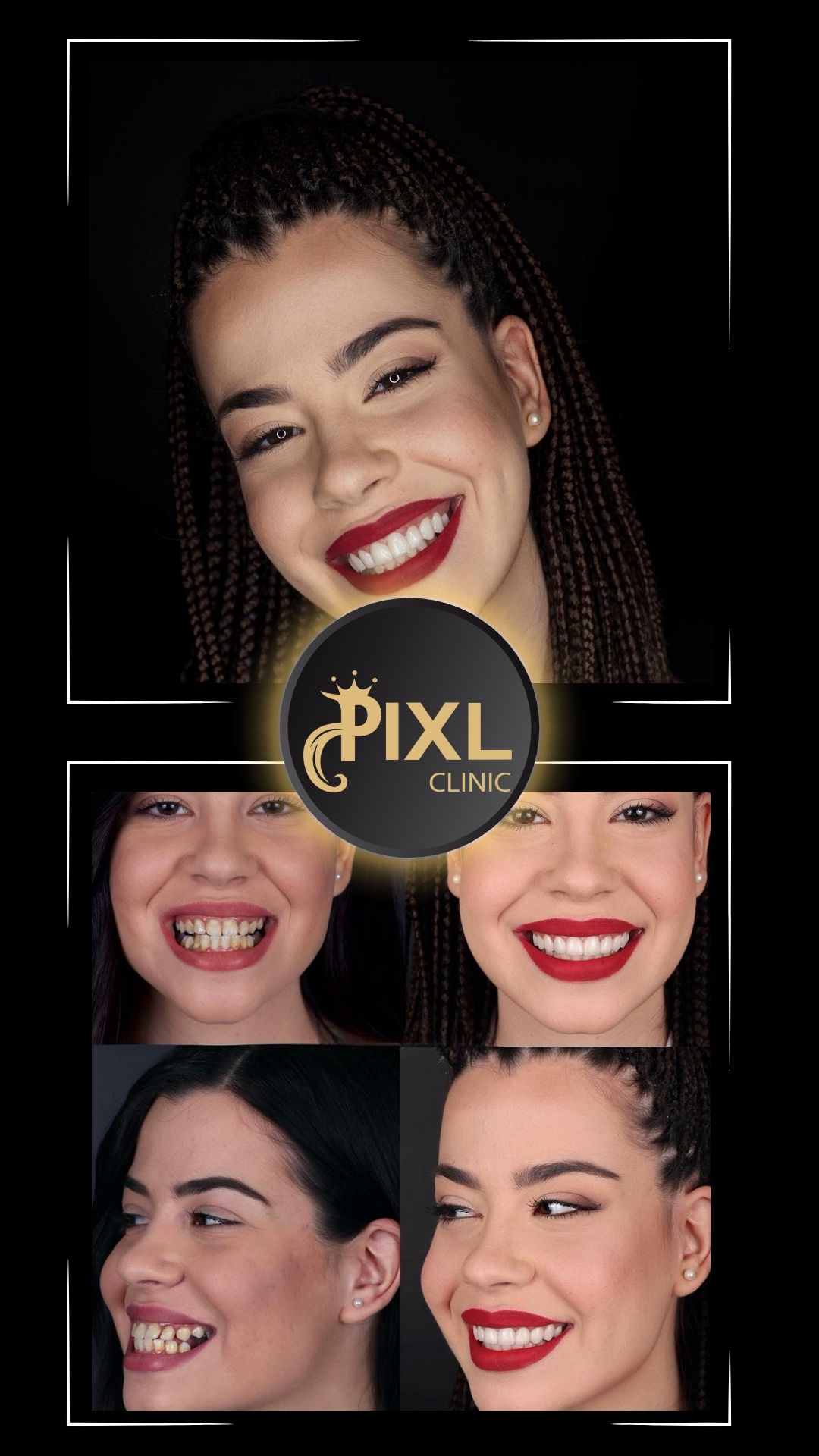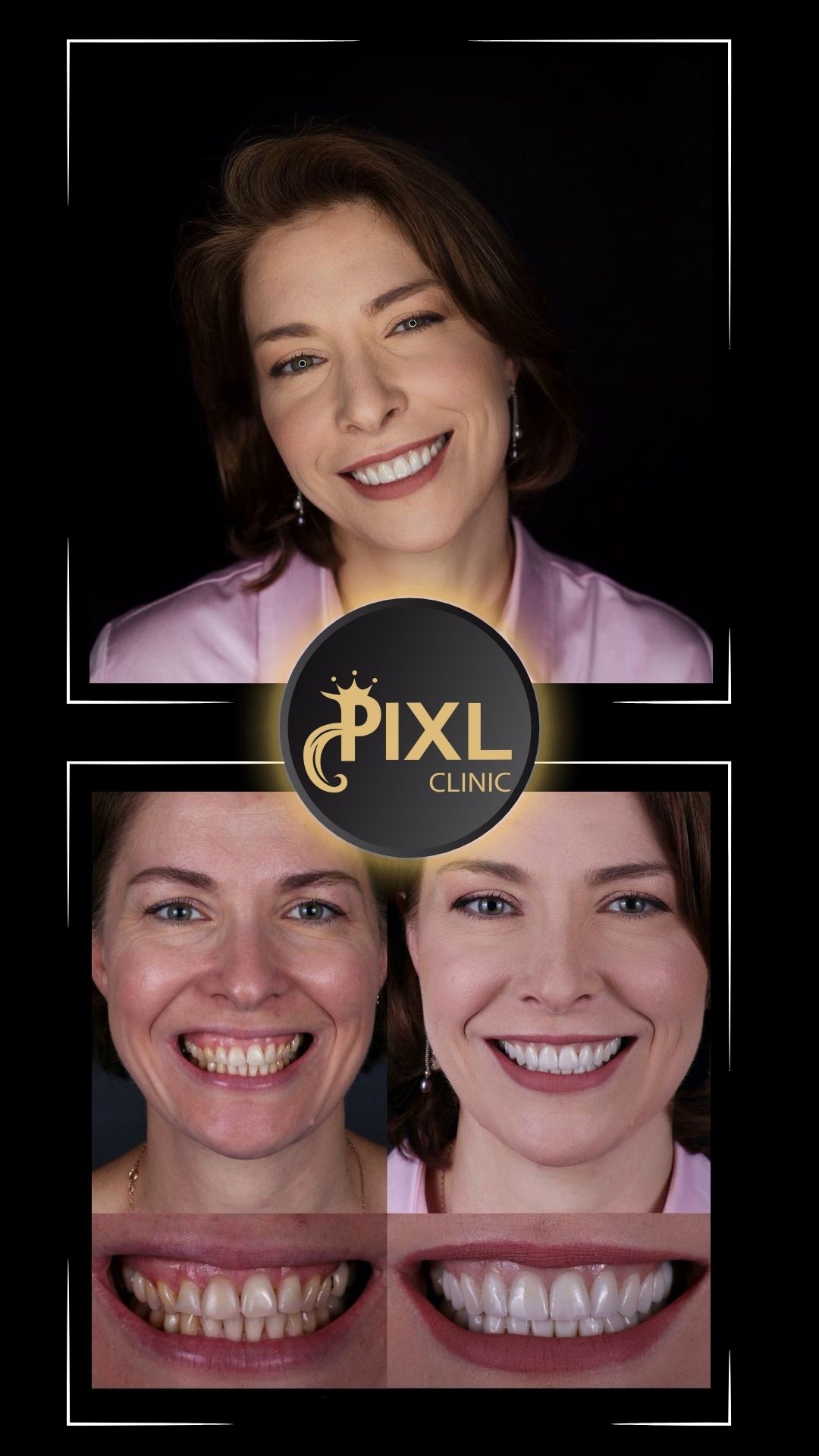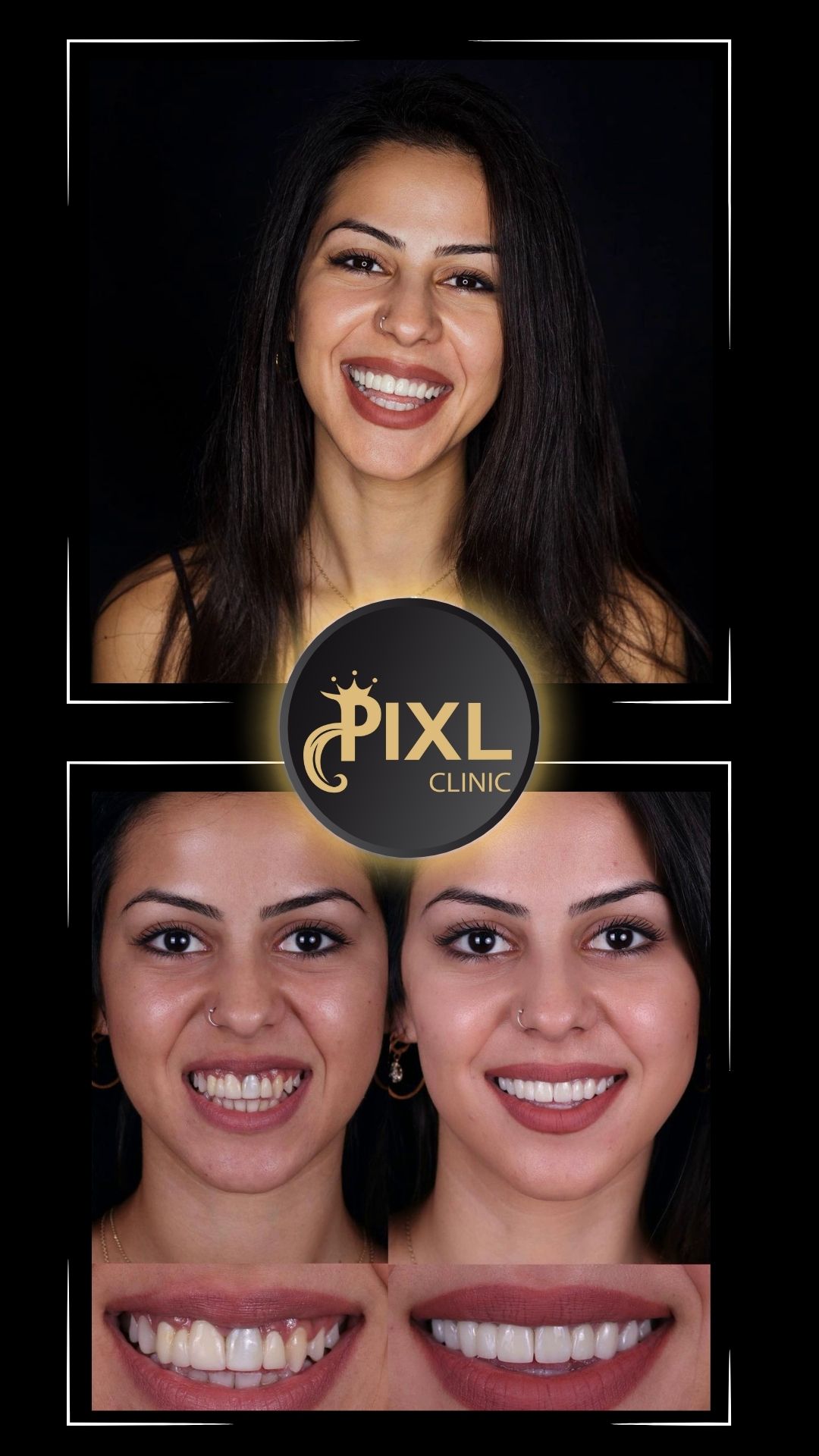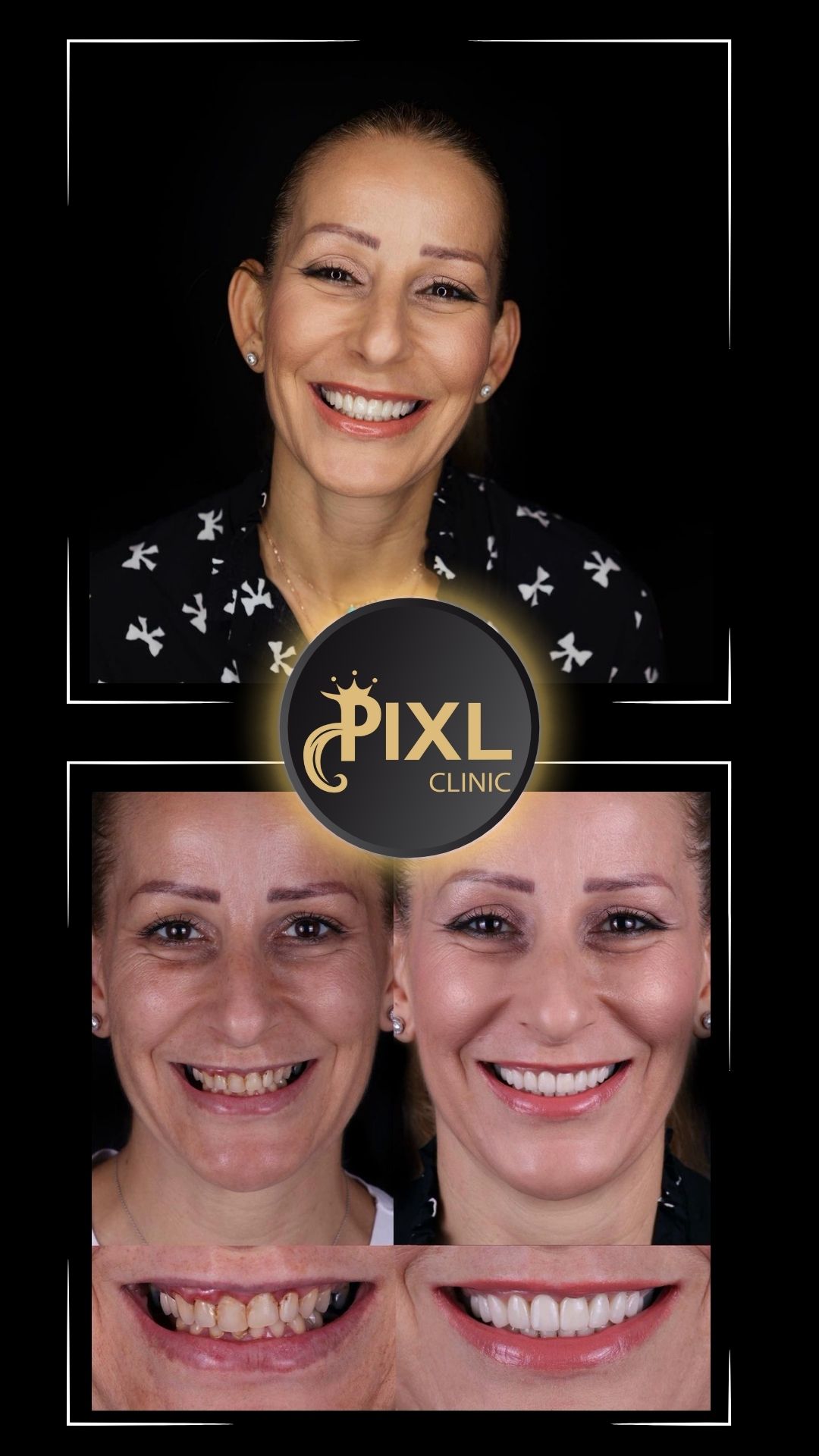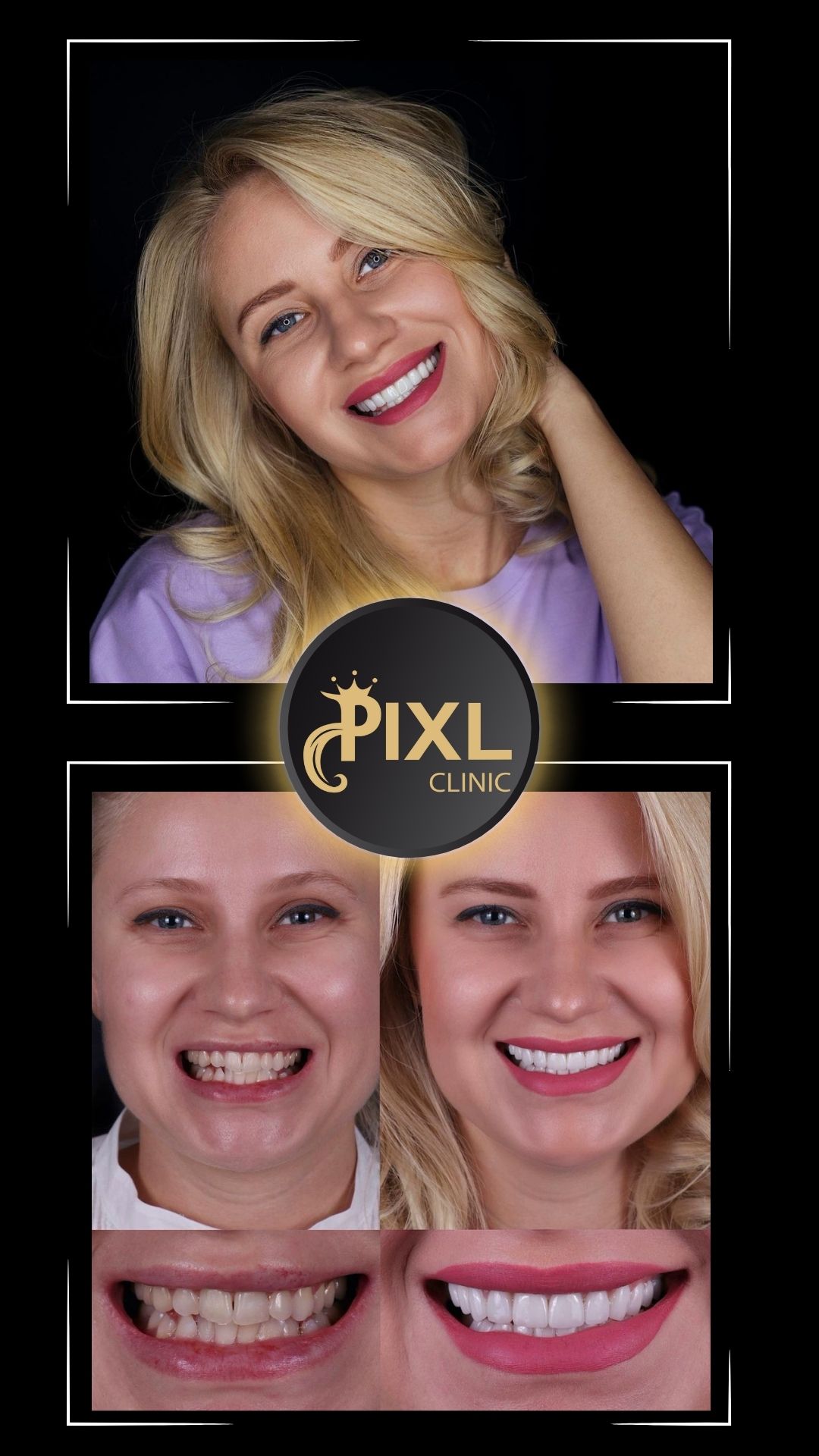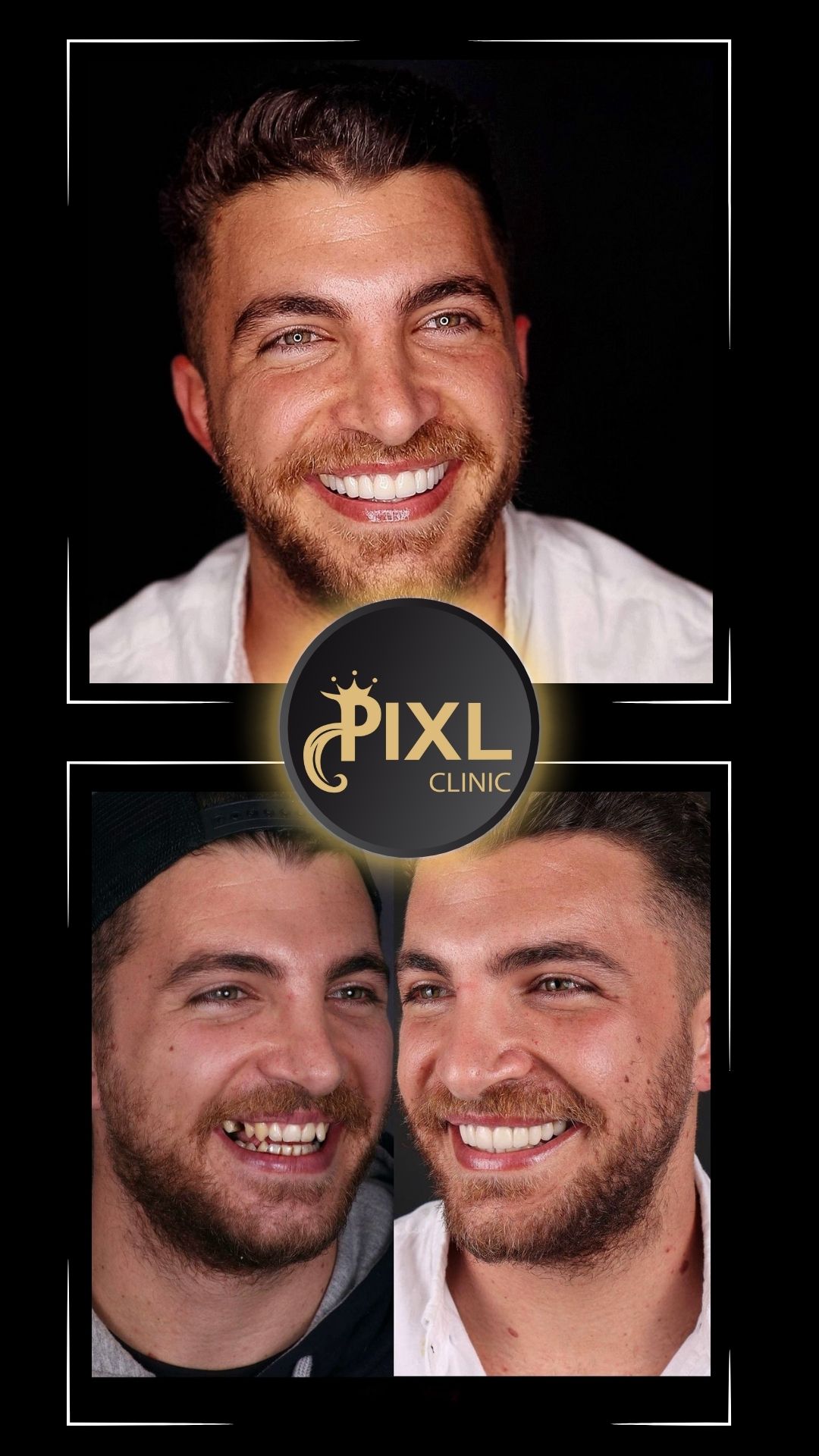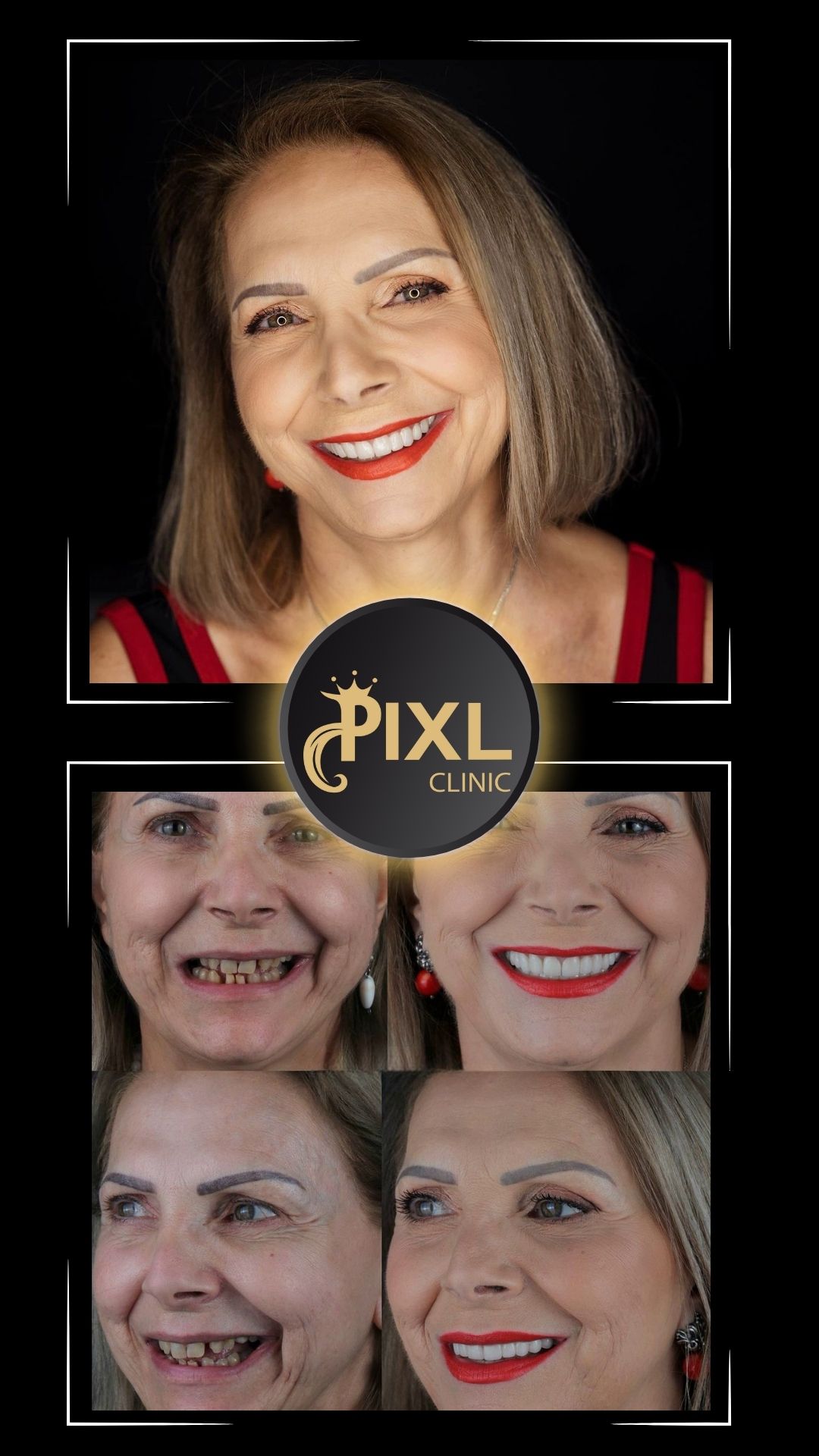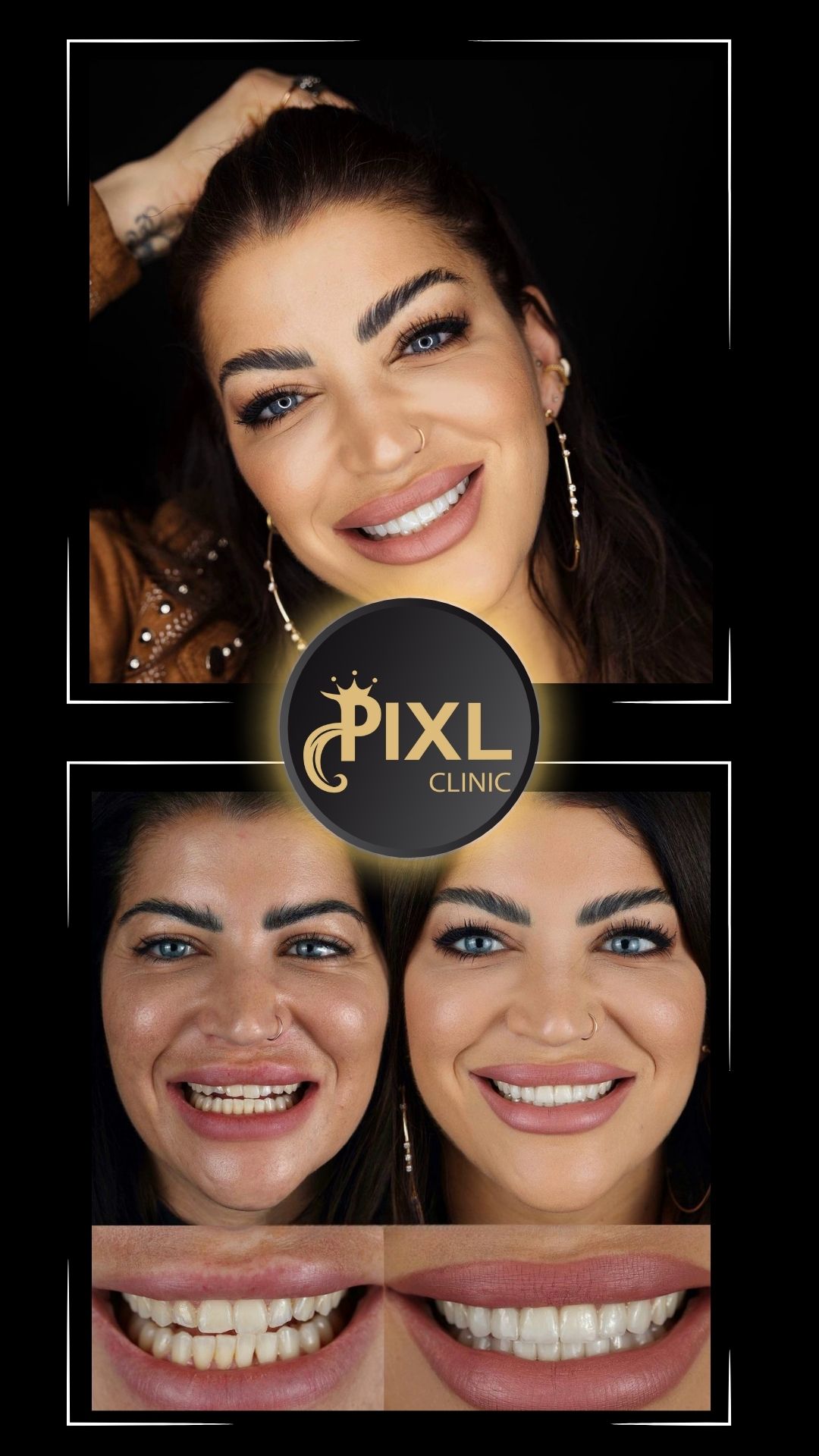Do Teeth Whitening Kits Really Work? A Comprehensive Guide
Teeth whitening has become one of the most popular cosmetic dental treatments, and for good reason. A bright, white smile can boost confidence and make you feel more attractive. Among the many options available, teeth whitening kits are a popular choice for those looking for an affordable and convenient way to whiten their teeth at home. But do these kits actually work, and are they worth the investment? Let’s dive into the details to uncover the truth about teeth whitening kits.
What Are Teeth Whitening Kits?
Teeth whitening kits are over-the-counter products designed to lighten the color of your teeth. These kits typically include a whitening agent, such as hydrogen peroxide or carbamide peroxide, and tools to apply the agent, such as strips, trays, or pens. They’re marketed as a convenient alternative to professional whitening treatments offered by dentists.
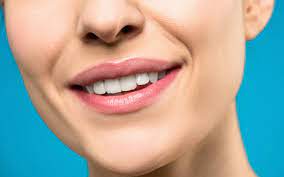
How Do Teeth Whitening Kits Work?
The science behind teeth whitening kits is relatively straightforward. They use bleaching agents to break down stains on your teeth. Here’s how it works:
- Hydrogen Peroxide or Carbamide Peroxide: The active ingredient in most whitening kits penetrates the enamel and breaks apart stain molecules, resulting in a whiter appearance.
- Application Method: Whitening strips, trays, or pens ensure the bleaching agent is applied evenly across your teeth.
- Timeframe: Kits are designed to be used daily for a specific period, ranging from a few days to a couple of weeks, depending on the product.
Do They Really Work?
The effectiveness of teeth whitening kits depends on several factors:
Type of Stains:
- Extrinsic Stains: Caused by food, drinks, and smoking, these stains are typically easier to remove with whitening kits.
- Intrinsic Stains: Stains deep within the tooth, often caused by aging, medication, or trauma, may require professional treatment for noticeable improvement.
Strength of the Whitening Agent:
- Over-the-counter kits contain lower concentrations of bleaching agents compared to professional treatments, which can limit their effectiveness for severe stains.
Consistency of Use:
- Following the instructions carefully and consistently is key to achieving results.
Current Tooth Color:
- If your teeth are already quite yellow or stained, you might need more powerful professional whitening to see dramatic results.
Pros and Cons of Teeth Whitening Kits
Pros:
- Affordability: Significantly cheaper than professional whitening treatments.
- Convenience: Can be used at home, anytime.
- Wide Availability: Easily found in stores and online.
- Non-Invasive: No dental appointments or procedures are required.
Cons:
- Limited Strength: Lower concentrations of bleaching agents might not provide dramatic results.
- Temporary Results: The effects may fade over time, especially with continued exposure to staining agents.
- Sensitivity Issues: Some people experience tooth sensitivity or gum irritation.
- Uneven Whitening: Kits may not whiten uniformly, especially if you have dental work like crowns or fillings.
How Do Whitening Kits Compare to Professional Treatments?
Professional Whitening:
- Stronger Formulas: Dentists use higher concentrations of peroxide for more dramatic and longer-lasting results.
- Customization: Trays and treatments are tailored to your teeth, ensuring even application.
- Faster Results: Often, a single session can deliver noticeable improvements.
At-Home Kits:
- Cost-Effective: Perfect for those on a budget.
- Accessible: No dental visits are required.
- Slower Results: You may need weeks to see significant changes.
Tips for Maximizing Results with Whitening Kits
- Choose the Right Kit: Look for reputable brands with good reviews.
- Follow Instructions: Overuse can lead to tooth sensitivity or gum irritation.
- Maintain Good Oral Hygiene: Brushing, flossing, and using mouthwash can help prevent new stains.
- Avoid Staining Foods and Drinks: Limit coffee, tea, red wine, and tobacco during and after whitening.
- Be Patient: Results take time, so don’t expect an overnight transformation.
Are Teeth Whitening Kits Safe?
Most teeth whitening kits are safe when used as directed. However, improper use can lead to side effects, including:
- Tooth Sensitivity: The whitening agents can make your teeth more sensitive to temperature changes.
- Gum Irritation: The bleaching agent may irritate your gums if it comes into contact with them.
If you experience severe discomfort or irritation, stop using the product and consult your dentist.
Final Verdict: Are They Worth It?
Teeth whitening kits can be a great option for individuals with mild to moderate stains who are looking for an affordable way to brighten their smile. While they may not provide the dramatic results of professional treatments, they can still be effective if used correctly.
For those with deep stains or looking for a more significant transformation, professional whitening may be a better choice. Ultimately, the decision depends on your budget, goals, and the current condition of your teeth.
Conclusion
Teeth whitening kits do work, but their effectiveness varies based on individual factors. They’re an excellent starting point for improving your smile without breaking the bank. However, if you’re not satisfied with the results, consulting a dentist for professional options might be your next step. Whatever route you choose, maintaining a good oral care routine and avoiding staining habits will help you enjoy a whiter, brighter smile for longer.
Teeth Whitening Kits: Frequently Asked Questions (FAQ)
Do teeth whitening kits really work?
Yes, teeth whitening kits can be effective for removing surface stains (extrinsic stains) and improving the brightness of your teeth. However, their effectiveness depends on the type of stains, the strength of the whitening agent, and consistent usage.
Are teeth whitening kits safe to use?
Most teeth whitening kits are safe when used as directed. However, overuse or improper application can lead to side effects such as tooth sensitivity and gum irritation. Always follow the product instructions carefully.
How long does it take to see results?
Results can vary depending on the kit and the severity of the stains. Most users notice a difference after a few days of consistent use, but full results may take 1–2 weeks.
How long do the results last?
The effects of teeth whitening kits are temporary and can last a few months, depending on your diet and oral hygiene habits. Avoiding staining foods and drinks, like coffee, tea, and red wine, can help prolong the results.
Can whitening kits remove all types of stains?
- Extrinsic stains (caused by food, drinks, and smoking): Whitening kits are generally effective.
- Intrinsic stains (deep stains caused by aging, medication, or trauma): Whitening kits may not work well, and professional treatment might be needed.
Are teeth whitening kits effective for everyone?
Not everyone will achieve the same results. Factors like the natural color of your teeth, the type of stains, and dental restorations (crowns, veneers, or fillings) can affect the outcome.
Can teeth whitening kits damage enamel?
When used correctly, teeth whitening kits should not damage your enamel. However, excessive or incorrect use can weaken enamel over time. Always follow the product’s guidelines.
What should I do if I experience tooth sensitivity or gum irritation?
- Stop using the kit temporarily.
- Use toothpaste designed for sensitive teeth.
- Avoid extremely hot or cold foods and drinks.
- If symptoms persist, consult your dentist.
Are there any age restrictions for using teeth whitening kits?
Teeth whitening kits are generally not recommended for individuals under 18 years old. The teeth and gums of younger individuals may still be developing, making them more sensitive to whitening agents.
How do whitening kits compare to professional whitening treatments?
- Whitening Kits: Affordable, convenient, but may provide less dramatic and slower results.
- Professional Whitening: More expensive but delivers faster, customized, and longer-lasting results with stronger bleaching agents.
Can I use whitening kits if I have braces, crowns, or veneers?
- Braces: It’s best to wait until the braces are removed to avoid uneven whitening.
- Crowns/Veneers: Whitening kits do not change the color of dental restorations, so results may be uneven.
What’s the best way to maintain whitening results?
- Brush and floss regularly.
- Use a whitening toothpaste or mouthwash.
- Avoid staining foods and drinks, or use a straw to minimize contact with your teeth.
- Schedule regular dental cleanings.
Can pregnant or breastfeeding women use teeth whitening kits?
It’s best to avoid teeth whitening kits during pregnancy or breastfeeding, as the effects of the whitening agents on developing babies are not well studied. Consult your dentist for safe alternatives.
What should I look for in a teeth whitening kit?
- A reputable brand with good customer reviews.
- Active ingredients like hydrogen peroxide or carbamide peroxide.
- Clear instructions and user-friendly application tools (e.g., strips, trays, pens).
Are there any alternatives to teeth whitening kits?
Yes, alternatives include:
- Professional whitening treatments by a dentist.
- Whitening toothpaste and mouthwash.
- Natural remedies like baking soda or oil pulling (though less effective).

